Browse
By Area: Southern Europe
View: By Date | Alphabetical | eBooks | Paperbacks
-
eBook available
 Published February 2018
Published February 2018 After Difference
Queer Activism in Italy and Anthropological Theory
Heywood, P.
This book is a contribution to the anthropology of Italy and of Europe as an ethnography of queer activism in Bologna; and, at the same time, it is an intervention in a set of ongoing theoretical debates in anthropology surrounding the perennial problem of the relationship between ethnographic data and anthropological analysis. It combines discussions of identity and difference, ethics, the fieldwork setting, and anthropology’s turn to ontology.
Subjects: Theory and Methodology Anthropology (General) Gender Studies and Sexuality
Hb
Paperback available -
eBook available
 Published August 2018
Published August 2018 All or None
Cooperation and Sustainability in Italy's Red Belt
Sánchez Hall, A.
All or None is a social history and anthropological study of the world’s oldest voluntary collective farms in Ravenna, Italy, addressing the question of the viability of cooperative enterprise as a potential solution for displaced workers, and as a more humane alternative to capitalist agribusiness.
Subjects: Anthropology (General) Political and Economic Anthropology
Hb -
eBook available
 Published July 2021
Published July 2021 Almost, but Not Quite Bored in Pula
An Anthropological Study of the Tapija Phenomenon in Northwest Croatia
Matošević, A.
Based on interviews and fieldwork conducted among residents of Pula – a coastal city in Northwestern Croatia, this study explores various aspects of a local feeling of boredom. This is mirrored in the term tapija, a word of Turkish origin describing a property deed.
Subjects: Anthropology (General) Sociology
Hb -
 Published July 2014
Published July 2014 Americans in Tuscany
Charity, Compassion, and Belonging
Trundle, C.
In the first ethnographic monograph of Americans in Italy, Catherine Trundle argues that charity and philanthropy are the central means through which many American women negotiate a sense of migrant belonging in Italy. In exploring the often-ignored role of charitable action in migrant community formation, Trundle contributes to anthropological theories of gift giving, compassion, and reflexivity.
Subjects: Anthropology (General) Refugee and Migration Studies
Hb -
 Published January 2007
Published January 2007 Anarchism, Revolution and Reaction
Catalan Labor and the Crisis of the Spanish State, 1898-1923
Smith, A.
Subjects: History: 20th Century to Present Sociology Political and Economic Anthropology
Hb -
eBook available
 Published March 2023
Published March 2023 Anthropology, Nationalism and Colonialism
Mendes Correia and the Porto School of Anthropology
Ferraz de Matos, P.
Contributing to the history of anthropology, this book looks at the Porto School of Anthropology and analyses the life and work of its main mentor – Mendes Correia (1888-1960). Focused on Portugal, the analysis is also comparative with other international contexts.
Subjects: Anthropology (General) Colonial History Political and Economic Anthropology
Hb
Paperback available -
eBook available
 Published January 2025
Published January 2025 Belonging in Unhomely Homelands
Internal Displacement and Gendered Nationalism among Kosovo Serbs
Grujić, M.
Belonging in Unhomely Lands takes a feminist approach to examine the intricate dynamics of gender, national affiliation and belonging in the context of internal displacement and territorial disputes faced by Kosovo Serbs since the ethnic conflict and tensions two decades ago.
Subjects: Anthropology (General) Refugee and Migration Studies Gender Studies and Sexuality
Hb -
eBook available
 Published September 2021
Published September 2021 Bigger Fish to Fry
A Theory of Cooking as Risk, with Greek Examples
Sutton, D. E.
What defines cooking as cooking, and why does cooking matter to the understanding of society, cultural change and everyday life? This book explores these questions by proposing a new theory of the meaning of cooking as a willingness to put oneself and one’s meals at risk on a daily basis, with examples from the author's fieldwork in Greece.
Subjects: Food & Nutrition Anthropology (General) Cultural Studies (General)
Hb
Paperback available -
eBook available
 Published July 2020
Published July 2020 Birds of Passage
Hunting and Conservation in Malta
Falzon, M.-A.
Drawing on years of ethnographic fieldwork in Malta, this book traces the complex interactions between hunters, birds and the landscapes they inhabit, as well as the dynamics and politics of bird conservation. Birds of Passage looks at the practice and meaning of hunting in a specific context, and raises broader questions about human-wildlife interactions and the uncertain outcomes of conservation.
Subjects: Anthropology (General) Environmental Studies (General) Sustainable Development Goals
Hb
Paperback available -
 Forthcoming February 2026
Forthcoming February 2026 Black Lisbon
The Making of Anticolonial Internationalism in Portugal, 1910-1940
Cleminson, R.
An analysis of how ‘race’ and nation were conceptualised, mobilised and lived by colonised black Africans in Lisbon and in the Portuguese colonies across time.
Subjects: Colonial History History: 20th Century to Present Cultural Studies (General) Mobility Studies
-
 Published August 2007
Published August 2007 Blood and Oranges
Immigrant Labor and European Markets in Rural Greece
Lawrence, C. M.
Subjects: Refugee and Migration Studies Political and Economic Anthropology Anthropology (General) Sociology
Hb
Paperback available -
 Published May 2005
Published May 2005 Bodies of Evidence
Burial, Memory and the Recovery of Missing Persons in Cyprus
Sant Cassia, P.
Subjects: Anthropology (General) Peace and Conflict Studies
Hb
Paperback available -
eBook available
 Published May 2008
Published May 2008 Border Interrogations
Questioning Spanish Frontiers
Sampedro, B. & Doubleday, S. (eds)
Subjects: Cultural Studies (General) Refugee and Migration Studies History (General)
Hb
Paperback available -
 Forthcoming March 2026
Forthcoming March 2026 A Border Island on the Crossroads of History
Lampedusa and the Mediterranean
Albera, D.
For several centuries, Lampedusa has been an uninhabited land at the frontier of two conflicting worlds: between Africa and Europe and between Christianity and Islam. This book follows an ethnographic account of the social life on this small island, exploring its history articulated with the present where thousands of migrants and tourists cohabit both well and poorly in a few square miles.
Subjects: Anthropology (General) Refugee and Migration Studies Sociology
-
 Published November 2003
Published November 2003 The Bounded Field
Localism and Local Identity in an Italian Alpine Valley
Stacul, J.
Subject: Anthropology (General)
Hb
Paperback available -
eBook available
 Published September 2021
Published September 2021 The Camino de Santiago
Curating the Pilgrimage as Heritage and Tourism
Murray, M.
Pilgrimage, as a global activity linked to the sacred, speaks to the special significance of persons, places and events. This book relates these sentiments to the curatorship of the Camino de Santiago that comprises a lattice of European pilgrimage itineraries converging at Santiago de Compostela in northwest Spain.
Subjects: Heritage Studies Anthropology of Religion Anthropology (General)
Hb
Paperback available -
eBook available
 Published April 2013
Published April 2013 Capricious Borders
Minority, Population, and Counter-Conduct Between Greece and Turkey
Demetriou, O.
Subjects: Refugee and Migration Studies Anthropology (General)
Hb
Paperback available -
eBook available
 Published October 2020
Published October 2020 Captives, Colonists and Craftspeople
Material Culture and Institutional Power in Malta, 1600–1900
Palmer, R.
This innovative study draws on both archival evidence and archeological research to compare Malta’s experience under the regimes of the Knights of St. John from 1530 to 1798 and afterward as a maritime outpost of the British Empire in terms of such topics as slavery, the control of resources, and globalization.
Subjects: Colonial History Archaeology
Hb -
eBook available
 Published January 2024
Published January 2024 Centennial Fever
Transnational Hispanic Commemorations and Spanish Nationalism
Moreno-Luzón, J.
Hispanic commemorations that shaped the major elements of Spanish identity at the beginning of the 20th century, and their persistence to the present day, from the “discovery” of America to the publication of Don Quixote of la Mancha, are truly global and transnational events that have created a cultural community on which Spanish nationalism has become dependent.
Subjects: History: 20th Century to Present Cultural Studies (General)
Hb -
 Published May 2008
Published May 2008 The Center-Left's Poisoned Victory
Briquet, J.-L., & Mastropaolo, A. (eds)
Subject: History: 20th Century to Present
Pb -
eBook available
 Published November 2013
Published November 2013 Children of the Dictatorship
Student Resistance, Cultural Politics and the 'Long 1960s' in Greece
Kornetis, K.
Subjects: History: 20th Century to Present Cultural Studies (General) Sociology
Hb
Paperback available -
 Published May 2014
Published May 2014 Cinema At the Edges
New Encounters with Julio Medem, Bigas Luna and José Luis Guerín
Loxham, A.
Subject: Film and Television Studies
Hb -
eBook available
 Published September 2021
Published September 2021 The Cinematic Language of Theo Angelopoulos
Karalis, V.
The Cinematic Language of Theo Angelopoulos offers a detailed study and critical discussion of the acclaimed filmmaker’s cinematic aesthetics as they developed over his career, exploring different styles through which Greek and European history, identity, and loss have been visually articulated throughout his oeuvre.
Subjects: Film and Television Studies Cultural Studies (General)
Hb -
 Published February 2013
Published February 2013 The Colours of the Empire
Racialized Representations during Portuguese Colonialism
Matos, P. F. de
Subjects: Anthropology (General) Colonial History
Hb -
 Published August 2018
Published August 2018 Communities, Landscapes, and Interaction in Neolithic Greece
Sarris, A., Kalogiropoulou, E., Kalayci, T., & Karimali, E. (eds)
This volume provides a synthetic overview of recent developments in the study of Neolithic Greece, and reconsiders the dynamics of human-environment interactions while recording the growing diversity in layers of social organization. It fills an essential lacuna in contemporary literature and enhances our understanding of the Neolithic communities in the Greek Peninsula.
Subject: Archaeology
Hb
Paperback available -
 Published October 2008
Published October 2008 Conceiving Kinship
Assisted Conception, Procreation and Family in Southern Europe
Bonaccorso, M. M. E.
Subjects: Medical Anthropology Gender Studies and Sexuality
Hb
Paperback available -
eBook available
 Published June 2019
Published June 2019 The Configuration of the Spanish Public Sphere
From the Enlightenment to the Indignados
Jiménez Torres, D. & Villamediana González, L. (eds)
This volume brings together leading scholars in Spanish and Latin American studies to explore the concept of the Spanish “public sphere” and its relation to society and political power over time. It offers a long-term, panoramic view—spanning from the Enlightenment to current developments in the EU—on one of the most urgent issues for contemporary European societies.
Subjects: History: 18th/19th Century History: 20th Century to Present Sociology
Hb -
 Published June 2011
Published June 2011 Contested Mediterranean Spaces
Ethnographic Essays in Honour of Charles Tilly
Kousis, M., Selwyn, T. & Clark, D. (Eds)
Subjects: Urban Studies Sociology Anthropology (General)
Hb -
 Published January 2010
Published January 2010 Contested Nationalism
Serb Elite Rivalry in Croatia and Bosnia in the 1990s
Caspersen, N.
Subjects: Peace and Conflict Studies Anthropology (General)
Hb -
eBook available
 Published May 2022
Published May 2022 Continental Transfers
Cultural and Political Exchange among Spain, Italy and Argentina, 1914-1945
Fuentes Codera, M. & Dogliani, P. (eds)
The cultural and political connections between Spain, Italy and Argentina developed complex transnational transfers over the course of two World Wars. Bringing together scholars from all three nations, Continental Transfers configures a multidirectional approach to the nations’ reciprocal exchange using new theoretical ground to understand the development links to the construction of national and supranational identities, such as Latinism and Hispanism.
Subjects: History: 20th Century to Present History: World War I History: World War II
Hb -
eBook available
 Published June 2024
Published June 2024 Courage and Compassion
A Jewish Boyhood in German-Occupied Greece
Molho, T.
Tony Molho tells a dramatic story of survival under the most adverse conditions during the Holocaust. A historian himself now telling his own story, Molho writes an autobiographical text that speaks of a Jewish childhood in Greece during World War II and the Axis Occupation.
Subjects: Jewish Studies History: World War II Genocide History
Hb
Paperback available -
 Published May 2003
Published May 2003 Crossing the Aegean
An Appraisal of the 1923 Compulsory Population Exchange between Greece and Turkey
Hirschon, R. (ed)
Subjects: Refugee and Migration Studies History: 20th Century to Present
Hb
Paperback available -
eBook available
 Published November 2017
Published November 2017 Cyprus and its Conflicts
Representations, Materialities, and Cultures
Doudaki, V. & Carpentier, N. (eds)
Cyprus is an island of enduring political, military and, more recently, economic conflict. In this edited volume, Cyprus serves as a geographical, cultural and political point of reference to study how conflict is mediated, represented, reconstructed, experienced, and transformed, offering broader insight into the ways in which the culture of conflict impacts identity.
Subjects: Media Studies Peace and Conflict Studies
Hb -
 Published December 2008
Published December 2008 Dances with Spiders
Crisis, Celebrity and Celebration in Southern Italy
Lüdtke, K.
Subjects: Medical Anthropology Performance Studies
Hb -
eBook available
 Published June 2021
Published June 2021 Do Not Forget Me
Three Jewish Mothers Write to Their Sons from the Thessaloniki Ghetto
Saltiel, L. (ed)
Following the Axis invasion of Greece, the Nazis began persecuting the country’s Jews as they had across occupied Europe, beginning with small indignities and culminating in mass imprisonment and deportations. Among the many Jews confined to the Thessaloniki ghetto during this period were Sarina Saltiel, Mathilde Barouh, and Neama Cazes—three women bound for Auschwitz who spent the weeks before their deportation writing to their sons.
Subjects: Jewish Studies History: World War II Genocide History
Hb
Paperback available -
 Published April 2017
Published April 2017 Driving Modernity
Technology, Experts, Politics, and Fascist Motorways, 1922-1943
Moraglio, M.
Driving Modernity recounts the history of the first Italian motorway, which—alongside railways and aviation—Italian authorities hoped would spread an ideology of technological nationalism. It explains how Italy ultimately failed to realize its mammoth infrastructural vision, addressing the political and social conditions that made a coherent plan of development impossible.
Subjects: History: 20th Century to Present Mobility Studies Transport Studies
Paperback available -
 Published March 2002
Published March 2002 Emerging Themes and Institutional Responses
Caciagli, M. & Zuckerman, A.S. (eds)
Subject: History: 20th Century to Present
Hb -
 Published January 2007
Published January 2007 The End of the Berlusconi Era?
Amyot, G., & Verzichelli, L. (eds)
Subject: History: 20th Century to Present
Pb -
 Forthcoming June 2026
Forthcoming June 2026 Entangled Reactionaries
Nationalists, Conservatives, and Fascists in the Iberoamerican Atlantic (1900-1960)
Sanz Rozalén, V. & Seixas, X. (Eds.)
Between 1898 and 1939, Spain saw the emergence of political and social identities shaped by the concepts of Hispanidad, catholicism, race, tradition and the Spanish language. This collection explores how such identities were reshaped during Spain’s major political shifts and how they intersected with Latin American discourses.
Subject: History: 20th Century to Present
-
 Published October 2013
Published October 2013 Ethno-Baroque
Materiality, Aesthetics and Conflict in Modern-Day Macedonia
Dimova, R.
Subjects: Cultural Studies (General) Anthropology (General) Media Studies
Hb -
 Published April 2009
Published April 2009 Europe At the Seaside
The Economic History of Mass Tourism in the Mediterranean
Segreto, L., Manera, C. & Pohl, M. (eds)
Subject: History (General)
Hb -
eBook available
 Published November 2025
Published November 2025 European Perspectives on Transition
A Comparative and Transnational Approach to the History of a Political and Social Concept
Sánchez León, P. & Cosovschi, A. (eds)
Offering a pioneering conceptual history of transition from a comparative perspective, this volume brings together eight case studies, ranging from the Third Wave of Southern Europe to the regime changes of Central and Eastern Europe, in order to rethink how we approach questions of temporality and transitional discourse.
Subjects: History: 20th Century to Present Peace and Conflict Studies
Hb -
 Published September 2015
Published September 2015 European Products
Making and Unmaking Heritage in Cyprus
Welz, G.
Since the Republic of Cyprus joined the European Union in 2004, heritage-making and Europeanization are becoming intertwined in Greek-Cypriot society. The author argues that heritage emerges as an increasingly standardized economic resource — a “European product” — and that heritage policy has become infused with transnational market regulations and neoliberal property regimes.
Subjects: Anthropology (General) Museum Studies Heritage Studies
Hb
Paperback available -
eBook available
 Published January 2026
Published January 2026 Everyday Invisibility
The Lives of African Women in Greece
Zaphiriou-Zarifi, Viki
In the wake of Greece’s 2008 economic collapse, African women in Athens navigated intensified discrimination shaped by the intersecting forces of gender, race and migration status. This book argues that gendered racialization renders these women not only invisible but also hyper-visible in stereotypical ways that heighten their exposure to discrimination and precarity.
Subjects: Political and Economic Anthropology Gender Studies and Sexuality
Hb -
eBook available
 Published June 2021
Published June 2021 Evil Eye in Christian Orthodox Society
A Journey from Envy to Personhood
Souvlakis, N.
Evil eye is a phenomenon observed globally and has to do with the misfortune and calamities that we can cause to someone else out of jealousy of their possessions. The book engages with evil eye beliefs in Corfu and investigates the Christian Orthodox influences on the phenomenon and how it affects individuals’ reactions to it.
Subjects: Anthropology of Religion Anthropology (General)
Hb
Paperback available -
eBook available
 Published September 2020
Published September 2020 Facing the Crisis
Ethnographies of Work in Italian Industrial Capitalism
D'Aloisio, F. & Ghezzi, S. (eds)
Facing the Crisis brings together ethnographic material from anthropological research projects carried out in various Italian industrial locations during the last economic crisis. With its wide number of locations and industries, the volume looks at all corners of the diverse Italian manufacturing system.
Subjects: Anthropology (General) Political and Economic Anthropology Sociology
Hb -
 Published March 2013
Published March 2013 Factions, Friends and Feasts
Anthropological Perspectives on the Mediterranean
Boissevain, J.
Subjects: Travel and Tourism Anthropology (General)
Hb -
 Published January 2001
Published January 2001 The Faltering Transition
Gilbert, M. & Pasquino, G. (eds)
Subject: History: 20th Century to Present
Hb -
eBook available
 Published November 2019
Published November 2019 Fame Amid the Ruins
Italian Film Stardom in the Age of Neorealism
Gundle, S.
Italian cinema gave rise to some of the best-known films of the postwar years, and its stars were beloved by both the public and producers. This book explores the many conflicts over stars and stardom that arose during Italian cinema’s postwar rebirth, shedding new light on the close relationship forged between cinema and society.
Subjects: Film and Television Studies History: 20th Century to Present
Hb
Paperback available -
eBook available
 Published February 2024
Published February 2024 Fascist Europe
From Italian Supremacy to Subservience to the Reich (1932-1943)
Fioravanzo, M.
Examining the unexplored project for a new European order developed by Italian intellectuals, Fascist Europe reconstructs the theoretical debates that shaped relationships between Fascist Italy, the Nazi Reich, and other Axis nations. In doing so it sheds light on how much the order may have prospectively united or divided the Fascist regime and the Nazi Reich in the post-war order.
Subjects: History: 20th Century to Present History: World War II
Hb -
eBook available
 Published May 2015
Published May 2015 Fault Lines
Earthquakes and Urbanism in Modern Italy
Parrinello, G.
Although earthquakes can have disastrous effects on human lives and environments, they can also significantly influence urban development. This book follows the history of two Italian seismic disasters — the 1908 Messina earthquake and the 1968 earthquake in the Belice Valley, Sicily — exploring plans preceding the destruction and the urbanism that emerged from the ruins.
Subjects: Environmental Studies (General) History: 20th Century to Present
Hb
Paperback available -
eBook available
 Published February 2024
Published February 2024 Fig Trees and Humans
Ficus Ecology and Mutualisms across Cultures
Aumeeruddy-Thomas, Y.
Fig Trees and Humans examines the interactions between the biology and ecology of the genus Ficus and how humans use and think of Ficus species across the tropics and in the Mediterranean region.
Subjects: Anthropology (General) Environmental Studies (General)
Hb -
 Published December 2008
Published December 2008 Fishers and Scientists in Modern Turkey
The Management of Natural Resources, Knowledge and Identity on the Eastern Black Sea Coast
Knudsen, S.
Subjects: Environmental Studies (General) Development Studies Anthropology (General)
Hb
Paperback available -
 Published May 2013
Published May 2013 From Berlusconi to Monti
Bosco, A. & McDonnell, D. (eds)
Subject: History: 20th Century to Present
Pb -
 Published November 2017
Published November 2017 From Clans to Co-ops
Confiscated Mafia Land in Sicily
Rakopoulos, T.
From Clans to Co-ops explores the social, political, and economic relations that enable the constitution of cooperatives through antimafia transformation of landholdings. The volume is the first monograph on Sicily’s rural antimafia movement, contributing to the anthropology and sociology of cooperatives, as well as to broader debates about small-scale democratic institutions, food movements and agrarian activism.
Subjects: Anthropology (General) Political and Economic Anthropology Food & Nutrition
Paperback available -
 Published February 2009
Published February 2009 Frustrated Aspirations for Change
Donovan, M. & Onofri, P. (eds)
Subject: History: 20th Century to Present
Pb -
eBook available
 Published February 2017
Published February 2017 Genocide in the Ottoman Empire
Armenians, Assyrians, and Greeks, 1913-1923
Shirinian, G. N. (ed)
From 1913 to 1923, the Ottoman Empire deported or killed staggering numbers of non-Turkish, non-Muslim citizens in an attempt to preserve “Turkey for the Turks,” setting a modern precedent for how a regime can commit genocide while largely escaping accountability. This definitive volume is the first to comprehensively examine the genocides of the Armenians, Assyrians, and Greeks in comparative fashion.
Subjects: Genocide History History: 20th Century to Present
Hb -
eBook available
 Published January 2026
Published January 2026 Georgian Migrant Women on the Move
Migration to Greece in Times of Crisis
Zmiejewski, W.
Shedding light on the invisible lives of Georgian women who migrated to Thessaloniki from the mid-1900s onward, Georgian Migrant Women on the Move reveals the challenges and turning points that emerge from the convergence of these different life worlds.
Subjects: Refugee and Migration Studies Gender Studies and Sexuality Mobility Studies
Hb -
 Published January 2010
Published January 2010 Governing Fear
Baldini, G. & Cento Bull, A. (eds)
Subject: History: 20th Century to Present
Pb -
 Published December 2016
Published December 2016 Governing Under Constraint
Carbone, M. & Piattoni, S. (eds)
In 2015, Matteo Renzi’s government continued to elicit contrasting reactions while dealing with both internal and external constraints. Although the success of the 2015 Universal Exposition in Milan helped to bolster the image of the country, Italy continued to play a marginal role in key international areas, such as migration, European austerity policies, and the fight against terrorism.
Subject: History: 20th Century to Present
Pb -
 Published December 2017
Published December 2017 The Great Reform That Never Was
Chiaramonte, A. & Wilson, A. (eds)
In Italy, 2016 was meant to be the year of the “great reform,” a constitutional revision that would have concluded the never-ending transition from “First” to “Second” Republic, a long process involving several transformations in the electoral system and party system since the 1990s. It did not turn out this way.
Subject: History: 20th Century to Present
Pb -
eBook available
 Published April 2017
Published April 2017 The Greek Exodus from Egypt
Diaspora Politics and Emigration, 1937-1962
Dalachanis, A.
This painstakingly researched book explains how Egypt’s once-robust Greek population dwindled to virtually nothing, beginning with the abolition of foreigners’ privileges in 1937 and culminating in the nationalist revolution of 1952. It reconstructs the delicate sociopolitical circumstances that Greeks had to navigate during this period, tracing the complex causes of demographic decline.
Subjects: History: 20th Century to Present Refugee and Migration Studies
Hb
Paperback available -
eBook available
 Published September 2021
Published September 2021 The Greek Military Dictatorship
Revisiting a Troubled Past, 1967–1974
Anastasakis, O. & Lagos, K. (eds)
From 1967 to 1974, the military junta ruling Greece attempted a dramatic reshaping of the nation, implementing ideas and policies that, for better or for worse, left an indelible mark on both domestic affairs and international relations. Bringing together leading scholars from a range of disciplines, The Greek Military Dictatorship provides a fresh and nuanced reassessment of this era.
Subject: History: 20th Century to Present
Hb
Paperback available -
 Forthcoming March 2026
Forthcoming March 2026 The Greek War of Independence
Impact, Perceptions, and Transformation within and Beyond the Empire
Christofis, N., Lamprou, A., & Moiras, L. (Eds.)
The Greek Revolution of 1821 reshaped the Eastern Mediterranean and reverberated across the globe. Moving beyond traditional nationalist historiography, this study draws on recent transnational and Ottoman-centered scholarship to examine how diaspora networks, European Philhellenes, and great power rivalries transformed a regional revolt into an international cause.
Subjects: History: 18th/19th Century History (General)
-
 Published April 2013
Published April 2013 Greek Whisky
The Localization of a Global Commodity
Bampilis, T.
Subjects: Food & Nutrition Anthropology (General)
Hb -
eBook available
 Published September 2020
Published September 2020 Heirs of the Bamboo
Identity and Ambivalence among the Eurasian Macanese
Gaspar, M. C.
Heirs of the Bamboo is about the Macanese who left Macao and now live in Portugal and looks at their interactions with their counterparts in Macao and elsewhere in the diaspora, using the Internet.
Subjects: Anthropology (General) Refugee and Migration Studies
Hb -
eBook available
 Published May 2023
Published May 2023 Heirs of the Greek Catastrophe
The Social Life of Asia Minor Refugees in Piraeus
Hirschon, R.
Since its first publication in 1989, this classic study has remained in demand. The third edition of Heirs of the Greek Catastrophe includes updated material with a new Preface, Epilogue, and map of the study area.
Subjects: Anthropology (General) Refugee and Migration Studies History: 20th Century to Present
Hb
Paperback available -
 Published October 2016
Published October 2016 The Heritage Arena
Reinventing Cheese in the Italian Alps
Grasseni, C.
The Heritage Arena describes the ways in which cheese has been reinvented as a form of cultural heritage through the negotiation and competition of many actors, including cheese-makers, merchants, and Slow Food activists.
Subjects: Anthropology (General) Food & Nutrition
Hb -
eBook available
 Published May 2025
Published May 2025 History and Historiography in Greece
Recent Trends
Christofis, N. (ed)
A comprehensive and temporally wide-ranging reassessment, History and Historiography in Greece examines how historical scholarship in Greece is evolving by reviewing the ideas, methods, and schools of history shaping the field, how this juxtaposes with international trends, and whether Greek historiographical traditions are developing at the same pace as global trends.
Subjects: History: Medieval/Early Modern History: 18th/19th Century History: 20th Century to Present
Hb -
eBook available
 Published December 2023
Published December 2023 Humanitarian Shame and Redemption
Norwegian Citizens Helping Refugees in Greece
Mogstad, H.
Following the 2015 ‘refugee crisis,’ many different actors emerged to contest or mitigate the EU’s border policies. This book explores the birth and trajectory of a Norwegian volunteer organisation “A Drop in the Ocean“, established by a mother of five with no prior experience in humanitarian work.
Subjects: Anthropology (General) Refugee and Migration Studies Sociology
Hb -
eBook available
 Published August 2020
Published August 2020 Imperial Culture and Colonial Projects
The Portuguese-Speaking World from the Fifteenth to the Eighteenth Centuries
Curto, D. R.
In a series of illuminating case studies, Curto follows the history and perception of major Portuguese colonial initiatives while integrating the complex perspectives of participating agents to show how the empire’s life and culture were richly inflected by the operations of imperial expansion.
Subjects: History: Medieval/Early Modern Colonial History
Hb -
 Published October 2007
Published October 2007 Inclusionary Rhetoric/Exclusionary Practices
Left-wing Politics and Migrants in Italy
Però, D.
Subjects: Refugee and Migration Studies Anthropology (General)
Hb -
 Published July 1996
Published July 1996 Insiders and Outsiders
Paradise and Reality in Mallorca
Waldren, J.
Subjects: Travel and Tourism Anthropology (General)
Hb
Paperback available -
eBook available
 Published May 2014
Published May 2014 Intellectuals and (Counter-) Politics
Essays in Historical Realism
Smith, G.
“A cutting edge discussion between anthropology and the disciplines of history and geography, all through the lens of the politics of intellectual work. A paradigm of sensitive ethnographic work fused with broadly social/political theory, this book will pull in a lot of people looking to find their way out of a certain rabbit hole of recent academia.” · Neil Smith, Graduate Center, City University of New York.
Gavin Smith suggests a research agenda designed to maximize the political leverage of ordinary people faced with ever more remote states and technologies that make capitalism increasingly rapacious. He tackles the political conundrums of our times and asks what roles intellectuals might play therein.
Subjects: Anthropology (General) Political and Economic Anthropology
Hb
Paperback available -
 Published June 2008
Published June 2008 Iron in the Soul
Displacement, Livelihood and Health in Cyprus
Loizos, P.
Subjects: Refugee and Migration Studies Anthropology (General)
Hb
Paperback available -
eBook available
 Published February 2025
Published February 2025 The Island of the Pope
Catholics in the Aegean Archipelago between Empire and Nation-State, 1770-1830
Kousouris, D.
This illuminating re-examination of Syros’s transition into a major commercial hub following the Greek War of Independence revises the conventional understanding of the island’s demographic history, highlighting how, rather than withdraw, the native Catholic community adjusted and integrated into the new Greek nation-state.
Subjects: History: 18th/19th Century Colonial History Refugee and Migration Studies
Hb -
 Published January 2008
Published January 2008 Italian Neofascism
The Strategy of Tension and the Politics of Nonreconciliation
Bull, A. Cento
Subject: History: 20th Century to Present
Hb
Paperback available -
 Published February 2004
Published February 2004 Italy Between Europeanization and Domestic Politics
Fabbrini, S. & Sala, V. Della (eds)
Subject: History: 20th Century to Present
Hb -
eBook available
 Published May 2019
Published May 2019 José Antonio Primo de Rivera
The Reality and Myth of a Spanish Fascist Leader
Thomàs, J. M.
A leading figure in the Spanish Civil War, José Antonio Primo de Rivera was elevated to martyr status following his death and the victory of the Falangists. In this long-awaited translation, Joan Maria Thomàs cuts through the mythos surrounding Primo de Rivera’s life to give a measured, exhaustively researched study of his personality, beliefs, and political activity.
Subject: History: 20th Century to Present
Hb -
eBook available
 Published August 2013
Published August 2013 The Journey of G. Mastorna
The Film Fellini Didn't Make
Fellini, F.
Subject: Film and Television Studies
Hb
Paperback available -
 Published November 2007
Published November 2007 Journeys Through Fascism
Italian Travel-Writing between the Wars
Burdett, C.
Subject: History: 20th Century to Present
Hb
Paperback available -
eBook available
 Published May 2017
Published May 2017 Let Them Not Return
Sayfo – The Genocide Against the Assyrian, Syriac, and Chaldean Christians in the Ottoman Empire
Gaunt, D., Atto, N., & Barthoma, S. O. (eds)
While the Armenian genocide is today widely recognized, the broader context of Ottoman violence against minority groups—including the indigenous, largely Christian Assyrians—are less well known. This volume is the first scholarly edited collection focused on the Assyrian genocide, or “sayfo.”
Subjects: Genocide History History: 20th Century to Present
Hb
Paperback available -
 Published December 1999
Published December 1999 The Lion and the Eagle
German-Spanish Relations Over the Centuries: An Interdisciplinary Approach
Kent, C., Wolber, T. & Hewitt, C. (eds)
Subjects: History (General) Cultural Studies (General)
Hb -
 Forthcoming February 2026
Forthcoming February 2026 Lives in Fragments
Self-Narrative Sources and Biographical Approaches to the Armenian Genocide
Yetkin, E., Maksudyan, N. & Çelik, A. (Eds.)
An examination of life stories that were fragmented and shattered through the historical violence of the Armenian genocide. Offers a nuanced understanding of genocide’s complex historical and social dimensions, and reflects on the history and memory of genocidal violence.
Subjects: Genocide History History: 20th Century to Present
-
eBook available
 Published July 2018
Published July 2018 Living Under Austerity
Greek Society in Crisis
Doxiadis, E. & Placas, A. (eds)
Since its sovereign debt crisis in 2009, Greece has been living under austerity. This volume explores the effects of austerity policies on politics, health care, education, media, and other areas, and examines the crisis as the context for changing attitudes in Greek society regarding immigration, crime, minorities, consumption and more.
Subjects: Anthropology (General) Sociology Political and Economic Anthropology
Hb
Paperback available -
eBook available
 Published November 2025
Published November 2025 Lurking Cold War
Life Through Historical Communion
Pipyrou, S.
Lasting traces of the Cold War continue to shape the social landscape in Italy and Greece. Lurking Cold War critiques the connections between global categories and individual experiences, foregrounding Cold War resonances through materiality, imagination, speculation, and affect – in literature, bureaucracy, and the family.
Subjects: Political and Economic Anthropology Peace and Conflict Studies History: 20th Century to Present
Hb -
eBook available
 Published November 2016
Published November 2016 The Making of the Greek Genocide
Contested Memories of the Ottoman Greek Catastrophe
Sjöberg, E.
After World War I, over one million Ottoman Greeks were expelled from Turkey, resulting in hundreds of thousands of deaths. This study analyzes the fight for international recognition of the Greek genocide narrative, showing how its memory developed as a cultural trauma with both nationalist and cosmopolitan dimensions.
Subjects: Genocide History History: 20th Century to Present
Hb
Paperback available -
eBook available
 Published July 2017
Published July 2017 Managing Ambiguity
How Clientelism, Citizenship, and Power Shape Personhood in Bosnia and Herzegovina
Brković, Č.
Why do people turn to personal connections to get things done? Challenging widespread views of favors as means of survival in transitioning contexts, this volume demonstrates that these contemporary globalized forms of flexible governance are not contradictory to one another, but often mutually constitutive.
Subjects: Anthropology (General) Peace and Conflict Studies History: 20th Century to Present
Hb
Paperback available -
 Published November 2010
Published November 2010 Managing Uncertainty
Giuliani, M. & Jones, E. (eds)
Subject: History: 20th Century to Present
Pb -
eBook available
 Published February 2017
Published February 2017 Metaphors of Spain
Representations of Spanish National Identity in the Twentieth Century
Moreno-Luzón, J. & Núñez Seixas, X. M. (eds)
Despite the undeniably political character of the history of Spanish nationalism, a cultural approach can also provide essential insights into the subject. Metaphors of Spain brings together leading historians to examine Spanish nationalism through its diverse and complementary cultural artifacts, from “formal” representations such as the flag to music, bullfighting, and other more diffuse examples.
Subject: History: 20th Century to Present
Hb
Paperback available -
eBook available
 Published May 2015
Published May 2015 Militant Around the Clock?
Left-Wing Youth Politics, Leisure, and Sexuality in Post-Dictatorship Greece, 1974-1981
Papadogiannis, N.
During the 1970s left-wing youth militancy in Greece intensified, especially after the collapse of the military dictatorship in 1974. This book is the first study of the impact of that political activism on the leisure pursuits and sexual behavior of Greek youth.
Subjects: History: 20th Century to Present Sociology
Hb
Paperback available -
 Published February 2006
Published February 2006 Miners and the State in the Ottoman Empire
The Zonguldak Coalfield, 1822-1920
Quataert, D.
Subjects: History (General) History: 18th/19th Century History: 20th Century to Present Sociology
Hb
Paperback available -
 a December 2011
a December 2011 Much Ado About Nothing?
Gualmini, E. & Pasotti, E. (eds)
Subject: History: 20th Century to Present
-
eBook available
 Published December 2013
Published December 2013 Mussolini's Dream Factory
Film Stardom in Fascist Italy
Gundle, S.
Subjects: Film and Television Studies Performance Studies
Hb
Paperback available -
 Published April 2014
Published April 2014 Narrating Victimhood
Gender, Religion and the Making of Place in Post-War Croatia
Schäuble, M.
Based on fieldwork in rural Dalmatia in the Croatian-Bosnian border region, this book provides a unique account of the politics of ambiguous Europeanness from the perspective of those living at Europe's margins. Narrating Victimhood examines the continuing contestations over truth, history & memory that have helped shape this region.
Subjects: Anthropology (General) Gender Studies and Sexuality
Hb
Paperback available -
eBook available
 Published June 2016
Published June 2016 Narratives in Motion
Journalism and Modernist Events in 1920s Portugal
Trindade, L.
A fascinating study of newspapers in 1920s Portugal, Narratives in Motion explores how the new “modernist reportage” embodied the spirit of its era while mediating some of its most spectacular episodes. In the process, it shows how that journalism epitomized a distinctively modern entanglement of narrative and event.
Subjects: Media Studies History: 20th Century to Present
Hb
Paperback available -
 Published July 2024
Published July 2024 New Anthropologies of Italy
Politics, History and Culture
Heywood, P. (ed)
This book heralds an exciting new frontier by bringing together some of the leading ethnographers of Italy and placing together their contributions into the broader realm of anthropological history, culture and new perspectives in Europe.
Subjects: Political and Economic Anthropology Anthropology (General)
-
 Published April 2008
Published April 2008 The Nomads of Mykonos
Performing Liminalities in a 'Queer' Space
Bousiou, P.
Subjects: Gender Studies and Sexuality Travel and Tourism Anthropology (General)
Hb
Paperback available -
eBook available
 Published November 2019
Published November 2019 Nourishing the Nation
Food as National Identity in Catalonia
Johannes, V.
Provides an ethnographic account of the everyday experience of national identity in Catalonia, using an essential, everyday object of consumption: food. As a crucial element of Catalan cultural life, a focus on food provides unique insight into the lived realities of Catalan nationalism, and how Catalans experience and express their national identity today.
Subjects: Food & Nutrition Anthropology (General)
Hb
Paperback available -
 Published December 1995
Published December 1995 The Origins of Complex Societies in Late Prehistoric Iberia
Lillios, K. T.
A series of papers by a wide range of authors from different countries and backgrounds focuses firmly on the question of the origin and development of social complexity, from the Neolithic through the Bronze Age, in Iberia writ large. A wide range of specific topics is covered with this specific focus, from results of field projects, laboratory analyses, and theoretical overviews.
Subject: Archaeology
Hb
Paperback available -
eBook available
 Published November 2023
Published November 2023 Other Borders
History, Mobility and Migration of Rudari Families between Romania and Italy
Tosi Cambini, S.
Other Borders is a deeply thorough, multi-site ethnographic research volume that brings forward the rudari lingurari family’s social and economic cultural organization and the mobilities developed in their migratory paths.
Subjects: Refugee and Migration Studies Cultural Studies (General) Theory and Methodology
Hb -
eBook available
 Published June 2020
Published June 2020 Ours Once More
Folklore, Ideology, and the Making of Modern Greece
Herzfeld, M.
When this work – one that contributes to both the history and anthropology fields – first appeared in 1982, it was hailed as a landmark study of the role of folklore in nation-building. In this expanded edition, a new introduction by the author and a foreword by Sharon Macdonald document its importance for current debates about Greece’s often contested place in the complex politics of the European Union.
Subjects: Anthropology (General) History (General)
Hb
Paperback available -
 Published October 2013
Published October 2013 Peripheral Vision
Politics, Technology, and Surveillance
Frois, C.
Subject: Anthropology (General)
Hb -
 Published October 2015
Published October 2015 Political Fellini
Journey to the End of Italy
Minuz, A.
Federico Fellini is often considered a disengaged filmmaker, more interested in self-referential dreams and grotesquerie than contemporary politics. This book challenges that myth.
Subject: Film and Television Studies
Hb
Paperback available -
eBook available
 Published April 2019
Published April 2019 Post-Ottoman Topologies
The Presence of the Past in the Era of the Nation-State
Argenti, N. (ed)
With contributions from several of the Balkan countries that once were united under the aegis of the Ottoman Empire, this latest volume proposes new theoretical approaches to the experience and transmission of the past through time.
Subjects: Sociology Anthropology (General) Memory Studies
Hb
Paperback available -
 Published March 2011
Published March 2011 Power and Magic in Italy
Hauschild, T.
Subjects: Anthropology of Religion Anthropology (General)
Hb -
 Published January 2007
Published January 2007 The Power of Entrepreneurs
Politics and Economy in Contemporary Spain
Cabrera, M. & del Rey, F.
Subjects: History: 20th Century to Present Sociology
Hb -
 Forthcoming May 2026
Forthcoming May 2026 Practices of Care in an Italian Eating Disorder Clinic
Rethinking Food, Family and Ethics
Sciolli, G.
The relational complexities between food and kinship are highlighted in eating disorders. This book is an ethnographic account of a public treatment centre for eating disorders in Italy, examining how food and family emerge aligned in the production and treatment of these conditions.
Subjects: Medical Anthropology Food & Nutrition Sociology
-
eBook available
 Published April 2020
Published April 2020 Protest, Youth and Precariousness
The Unfinished Fight against Austerity in Portugal
Carmo, R. M. & Vasconcelos Simões, J. A. (eds)
After over a decade of austerity in the wake of the 2008 financial crisis, what lies next for European societies? This edited collection brings together sociologists, social movement specialists, political scientists, and other scholars to look specifically at how Portuguese youth have navigated this politically and economically difficult period.
Subjects: Sociology Political and Economic Anthropology History (General) Sustainable Development Goals
Hb -
 Published January 2005
Published January 2005 Quo Vadis?
Guarnieri, C. & Newell, J. (eds)
Subject: History: 20th Century to Present
Hb -
eBook available
 Published March 2019
Published March 2019 Raccomandazione
Clientelism and Connections in Italy
Zinn, D. L.
Based on ethnographic research in southern Italy, this book examines the concept of raccomandazione, the omnipresent social practice of using connections to get things done. Viewing the practice from both emic and etic perspectives, it builds on and extends past scholarship to consider the nature of patronage in a contemporary society and its relationship to corruption.
Subjects: Anthropology (General) Cultural Studies (General) Applied Anthropology
Hb -
eBook available
 Published November 2025
Published November 2025 Reading War, Making Memory
Remembering the Bosnian War across Europe
Sindbæk Andersen, T., Ortner, J., & Borčak, F. W.
A clarifying analysis of how authors from Bosnia-Herzegovina translate and transmit the memory of the Bosnian War into their fiction, Reading War, Making Memory spotlights a vital new framework for understanding the impact of conflict upon diasporic literature from the region of the former Yugoslavia: “mnemonic migration.”
Subjects: Memory Studies Literary Studies Heritage Studies
Hb -
eBook available
 Published August 2004
Published August 2004 Rebordering the Mediterranean
Boundaries and Citizenship in Southern Europe
Suárez-Navaz, L.
Subjects: Anthropology (General) Sociology Refugee and Migration Studies
Hb
Paperback available -
eBook available
 Published January 2023
Published January 2023 Reparative Citizenship for Sephardi Descendants
Returning to the Jewish Past in Spain and Portugal
Kandiyoti, D. & Benmayor, R. (eds)
In 2015, both Portugal and Spain passed laws enabling descendants of Sephardi Jews to obtain citizenship, an historic offer of reconciliation. Drawing from scholarly and first-person essays, Reparative Citizenship for Sephardi Descendants analyzes the memory and afterlives of those who were wronged, and how reconciliatory rights impact the lives of those affected.
Subjects: History (General) Cultural Studies (General) History: 20th Century to Present
Hb
Paperback available -
eBook available
 Published September 2025
Published September 2025 Rethinking a Radical Reputation
An Athens Neighbourhood between Media Hype and Social Experience
Kenti-Kranidioti, M.
This book explores the neighbourhood of Exarcheia in Athens through its tensions and contradictions and how they coexist to maintain particular historical and political narratives through an ethnographic study of stories and discussions with residents of the area.
Subjects: Anthropology (General) Sociology Urban Studies
Hb -
eBook available
 Published June 2021
Published June 2021 Rethinking Atlantic Empire
Christopher Schmidt-Nowara’s Histories of Nineteenth-Century Spain and the Antilles
Eastman, S. & Jacobsen, S. (eds)
In recent years, the historiography of nineteenth-century Spain has been invigorated by interdisciplinary engagement with scholars working on topics such as empire, slavery, and race, exemplified by the work of Christopher Schmidt-Nowara. Rethinking Atlantic Empire places Schmidt-Nowara’s work within the context of the broader field, reflecting on his contributions and charting potential new directions in research.
Subjects: History: 18th/19th Century Colonial History
Hb -
 Published January 2003
Published January 2003 The Return of Berlusconi
Bellucci, P. & Bull, M. (eds)
Subject: History: 20th Century to Present
Hb -
 Published 1999
Published 1999 The Return of Politics
Hine, D. & Vassallo, S. (eds)
Subject: History: 20th Century to Present
Pb -
eBook available
 Published April 2016
Published April 2016 The Revolution before the Revolution
Late Authoritarianism and Student Protest in Portugal
Accornero, G.
Portugal’s 1974 “Carnation Revolution” was in many ways the culmination of a much longer history of resistance originating in universities and other sectors of society. Combining careful research with insights from social movement theory, this book traces these convulsions in Portuguese society over the course of the “long 1960s.”
Subjects: History: 20th Century to Present Sociology
Hb
Paperback available -
 Published November 2024
Published November 2024 Ritual, Rapture and Rebellion
The Making of Market, Mercy and Meaning Amongst the Gitanos of El Rastro
Brodersen, M. B.
This book is an anthropological account of a group of middle and upper-class Gitanos and their ways of creating a ‘society within society’ based upon distinct cultural, moral and ideological values, notions and practices.
Subjects: Political and Economic Anthropology Sociology
-
eBook available
 Published December 2020
Published December 2020 The Sea Commands
Community and Perception of the Environment in a Portuguese Fishing Village
Mendes, P.
Azenha do Mar is a fishing community on the southwest coast of Portugal. It came into existence around forty years ago, as an outcome of the abandonment of work in the fields and of propitious ecological conditions. This book looks at the migration processes since the founding of the community and how they relate to the social inequalities towards property and labour which prevail today.
Subjects: Anthropology (General) Environmental Studies (General)
Hb -
 Published January 2004
Published January 2004 The Second Berlusconi Government
Blondel, J. (ed)
Subject: History: 20th Century to Present
Hb -
eBook available
 Published November 2022
Published November 2022 Sexscapes of Pleasure
Women, Sexuality and the Whore Stigma in Italy
Zambelli, E.
Drawing from ethnographic research, this book brings together the narratives of Italian and migrant women pole dancing for leisure, women pole and lap dancing for work, as well as women selling sex. By tracing commonalities in women’s processes of subjectivation and othering across the non/sex working women divide, the book foregrounds the intersecting structures of oppression under which women negotiate selfhood.
Subjects: Sociology Gender Studies and Sexuality Anthropology (General)
Hb
Paperback available -
eBook available
 Published August 2023
Published August 2023 Silences and Divided Memories
The Exodus and its Legacy in Post-War Istrian Society
Virloget, K. H.
Dealing with the difficult, silenced past of the so called "Istrian exodus" after the Second World War, this book shifts the usual focus from migrants to those who stayed behind and to the new immigrants who came to the “emptied” towns.
Subjects: Anthropology (General) Refugee and Migration Studies Memory Studies
Hb -
eBook available
 Published June 2013
Published June 2013 Slavery and Antislavery in Spain's Atlantic Empire
Fradera, J. M. & Schmidt-Nowara, C. (eds)
Subjects: Colonial History History (General)
Hb
Paperback available -
 Published January 2008
Published January 2008 A Social History of Spanish Labour
New Perspectives on Class, Politics, and Gender
Piqueras, J., & Sanz Rozalén, V. (eds)
Subjects: History (General) History: 18th/19th Century History: 20th Century to Present Sociology
Hb -
 Published January 2001
Published January 2001 Social Identities and Political Cultures in Italy
Catholic, Communist, and 'Leghist' Communities between Civicness and Localism
Cento Bull, A.
Subjects: Cultural Studies (General) Sociology Political and Economic Anthropology
Hb -
eBook available
 Published October 2019
Published October 2019 Sometime Kin
Layers of Memory, Boundaries of Ethnography
Wallman, S.
Sometime Kin is the portrait of an Alpine settlement - its history, economy and culture - and its unusual resistance to outsiders and modernisation. Against this we see it embrace the ethnographer’s four small children. Sandra Wallman’s account reveals the distortion to ordinary life caused by the intrusion of the anthropologist and the effect of informants observing her.
Subjects: Theory and Methodology Sociology
Hb -
eBook available
 Published July 2024
Published July 2024 The Soul of the Nation
Catholicism and Nationalization in Modern Spain
Alonso, G. & Hernández Burgos, C. (eds)
Religion and politics have historically clashed in modern Spain, particularly following the crisis of 1808 when the Catholica Monarchy put the role of the Church at the heart of political cultural Debates. The Soul of the Nation seeks to unravel this complex and oppositional history between Catholic values and modern political regimes.
Subjects: History: 20th Century to Present History: 18th/19th Century
Hb -
 Published January 2006
Published January 2006 The Sounds of Silence
Nineteenth-Century Portugal and the Abolition of the Slave Trade
Marques, J
Subjects: Colonial History Refugee and Migration Studies
Hb -
 Published September 1999
Published September 1999 Spain in International Context, 1936-1959
Leitz, C. & Dunthorn, D. (eds)
Subject: History (General)
Hb -
eBook available
 Published November 2020
Published November 2020 Spanish Comics
Historical and Cultural Perspectives
Magnussen, A. (ed)
Spanish Comics offers an overview on contemporary scholarship on Spanish comics, focusing on a wide range of comics dating from early comics history in 1875-1939; the Francoist dictatorship, 1939-1975; the Political Transition, 1970-1985; and Democratic Spain from the early 1980s, and themes of memory, gender, regional identities, and history.
Subjects: Cultural Studies (General) Media Studies
Hb
Paperback available -
eBook available
 Published June 2022
Published June 2022 Spanish Laughter
Humor and Its Sense in Modern Spain
Calvo Maturana, A. (ed)
Exploring various forms of humor in Modern Spain since their entry into the eighteenth-century public sphere, Spanish Laughter takes on the comforting, transgressive, conservative, rebellious, and other dynamic forms of humor as they have changed and contributed to the building of Spain’s cultural framework and historiographical panorama.
Subjects: History: 18th/19th Century History: 20th Century to Present
Hb -
eBook available
 Published September 2017
Published September 2017 Spanish Lessons
Cinema and Television in Contemporary Spain
Smith, P. J.
Spanish film and television represent a remarkably influential and vibrant cultural industry, as well as a fertile site of innovation in the production of “transmedia” works that bridge narrative forms. Spanish Lessons provides an engaging exploration of the nation’s visual culture in an era of collapsing genre boundaries, accelerating technological change, and political-economic tumult.
Subjects: Film and Television Studies Media Studies
Hb
Paperback available -
eBook available
 Published October 2025
Published October 2025 The Spectral Within
Fascism, New Towns and their Contemporary Lives
Miltiadis, E.
Through the analytical lens of hunting, this book examines the efforts of Latina’s inhabitants to see their city as a meaningful social space, as they navigate the city’s multiple histories and the absent presence of the contested past.
Subjects: Anthropology (General) Urban Studies History: 20th Century to Present
Hb -
 Published November 2014
Published November 2014 Still Waiting for the Transformation
Fusaro, C. & Kreppel, A. (eds)
Subject: History: 20th Century to Present
Pb -
eBook available
 Published October 2024
Published October 2024 Tactical Citizenships
Encounters with Everyday State in the Republic of Cyprus
Kouros, T.
Tactical Citizenships is a testament to the tenacity and resourcefulness of marginalized individuals in directing their relations with the state. It explores the troubled relationship between a state and its citizens across four different kinds of social spaces in Limassol, Cyprus.
Subject: Political and Economic Anthropology
Hb -
 Published December 2013
Published December 2013 Technocrats in Office
Virgilio, A. di & Radaelli, C. M. (eds)
Subject: History: 20th Century to Present
Pb -
eBook available
 Published January 2025
Published January 2025 Through the Water and the Storm
Maritime Averages and Seaborne Trade in Early Modern Genoa, 1590-1700
Iodice, A.
Drawing on quantitative, socio-economic and legal methodologies, this book examines the features of Mediterranean seaborne trade through the maritime Average procedures drafted or sent to Genoa, a small but wealthy Italian maritime republic, between 1590 and 1700.
Subjects: History: Medieval/Early Modern Travel and Tourism
Hb -
 Published September 2023
Published September 2023 Translocal Care across Kosovo’s Borders
Reconfiguring Kinship along Gender and Generational Lines
Leutloff-Grandits, C.
By tracing long-distant family relations with a special focus on cross-border marriages, this study looks at the reconfiguration of care relations, gender and generational roles among kin-members of Kosovo, who now live in different European states.
Subjects: Anthropology (General) Refugee and Migration Studies Gender Studies and Sexuality
-
 Published February 2010
Published February 2010 Transnational Families, Migration and Gender
Moroccan and Filipino Women in Bologna and Barcelona
Zontini, E.
Subjects: Refugee and Migration Studies Gender Studies and Sexuality Anthropology (General)
Hb -
 Published March 2003
Published March 2003 Troubles with Turtles
Cultural Understandings of the Environment on a Greek Island
Theodossopoulos, D.
Subjects: Environmental Studies (General) Anthropology (General) Sustainable Development Goals
Hb
Paperback available -
eBook available
 Published February 2012
Published February 2012 Tuff City
Urban Change and Contested Space in Central Naples
Dines, N.
Subjects: Urban Studies Sociology Anthropology (General)
Hb
Paperback available -
 Published January 2013
Published January 2013 Two Sides of One River
Nationalism and Ethnography in Galicia and Portugal
Medeiros, A.
Subject: Anthropology (General)
Hb -
 Published September 2024
Published September 2024 Unexpected Encounters
Migrants and Tourists in the Mediterranean
Vietti, F.
Exploring different dimensions of the intersection of migration and tourism in the Mediterranean, this book is the result of extensive ethnographic research carried out over a decade in the Mediterranean region. It shows how migration and tourism play complementary roles in boosting the global dynamics of cultural, social, economic and political transformation in the Mediterranean.
Subjects: Refugee and Migration Studies Anthropology (General) Travel and Tourism
-
 Published June 2003
Published June 2003 A Venetian Island
Environment, History and Change in Burano
Sciama, L. D.
Subjects: Environmental Studies (General) Anthropology (General) Gender Studies and Sexuality
Hb
Paperback available -
eBook available
 Published September 2021
Published September 2021 Vertiginous Life
An Anthropology of Time and the Unforeseen
Knight, D. M.
Through individual stories from crisis Greece, this book explores the everyday effects of vertigo: nausea, dizziness, breathlessness, the sense of falling, and unknowingness of Self. Being lost in time, caught in the spin-cycle of crisis, people reflect on belonging to modern Europe, neoliberal promises of accumulation, defeated futures, and the existential dilemmas of life held captive.
Subjects: Anthropology (General) Sociology
Hb
Paperback available -
eBook available
 Published January 2018
Published January 2018 The Wars of Yesterday
The Balkan Wars and the Emergence of Modern Military Conflict, 1912-13
Boeckh, K. & Rutar, S. (eds)
Together comprising one of the first modern conflicts of the twentieth century, the Balkan Wars (1912–13) served as precursors of the bloody wars to follow. This volume offers a fascinating exploration of the wars’ history, with a central focus on the experiences of both combatants and civilians.
Subject: History: 20th Century to Present
Hb
Paperback available -
 Forthcoming February 2026
Forthcoming February 2026 Where Saints Show Respect
Mafia, Modernity, and Rituals of Power
Palumbo, B.
This book draws on three decades of ethnographic research to explore the penetration of mafia values in Sicilian society. By exploring rituals through which local society learns deep respect for those values, this study aims to offer a critical perspective on Sicilian modernity.
Subjects: Political and Economic Anthropology Sociology Anthropology of Religion
-
eBook available
 Published April 2016
Published April 2016 Whose Memory? Which Future?
Remembering Ethnic Cleansing and Lost Cultural Diversity in Eastern, Central and Southeastern Europe
Törnquist-Plewa, B. (ed)
Scholars have devoted considerable energy to understanding ethnic cleansing in Europe, yet much less attention has been given to how these incidents persist in collective memory today. This volume brings together case studies exploring how modern inhabitants “remember” instances of ethnic cleansing, and how they understand the heritage of groups that vanished in their wake.
Subjects: History: 20th Century to Present Genocide History Memory Studies
Hb
Paperback available -
eBook available
 Published July 2020
Published July 2020 Working in Greece and Turkey
A Comparative Labour History from Empires to Nation-States, 1840–1940
Papastefanaki, L. & Kabadayı, M. E. (eds)
The studies in Working in Greece and Turkey provide an overdue exploration of labour history on both sides of the Aegean, before as well as after the fall of the Ottoman Empire. Deploying the approaches of global labour history as a framework, this volume presents transnational, transcontinental, and diachronic comparisons that illuminate the shared history of Greece and Turkey.
Subjects: History: 18th/19th Century History: 20th Century to Present Sociology
Hb -
eBook available
 Published December 2016
Published December 2016 Xenocracy
State, Class, and Colonialism in the Ionian Islands, 1815-1864
Gekas, S.
Xenocracy offers a much-needed account of the islands of the Ionian Sea during their half-century of oversight by Great Britain. It recounts how, despite Britain’s liberal reforms, the Ionian State’s economic deterioration anticipated the “neocolonial” condition with which the Greek nation struggles even today.
Subjects: History: 18th/19th Century Colonial History
Hb
Paperback available -
 Published November 2015
Published November 2015 The Year of the Bulldozer
Hanretty, C. & Profeti, S. (eds)
Subject: History: 20th Century to Present
Pb

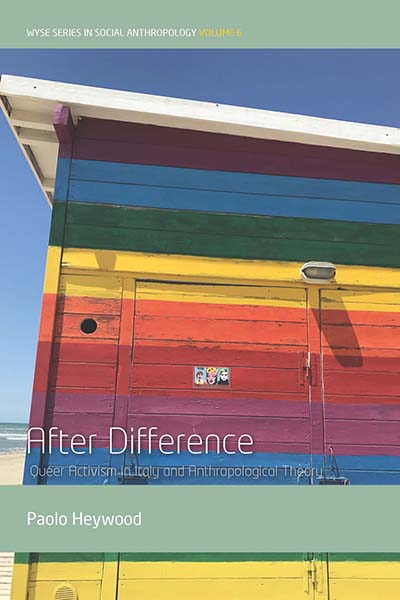 Published February 2018
Published February 2018 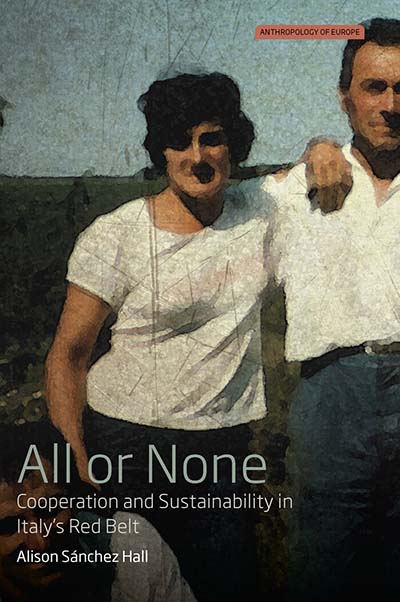 Published August 2018
Published August 2018 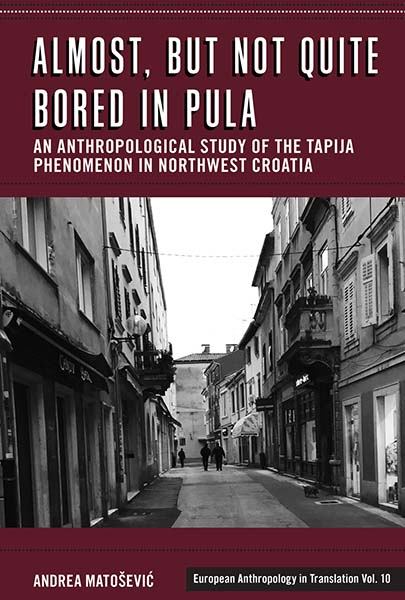 Published July 2021
Published July 2021 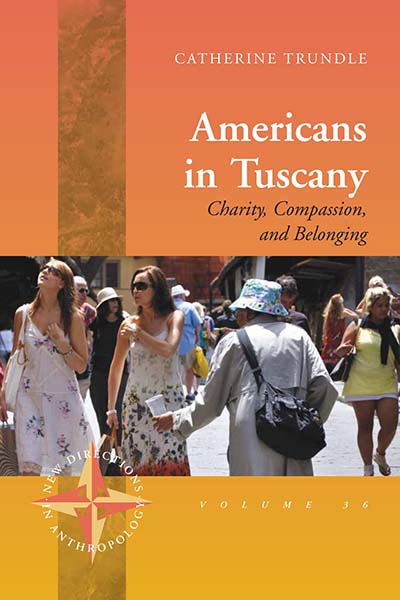 Published July 2014
Published July 2014 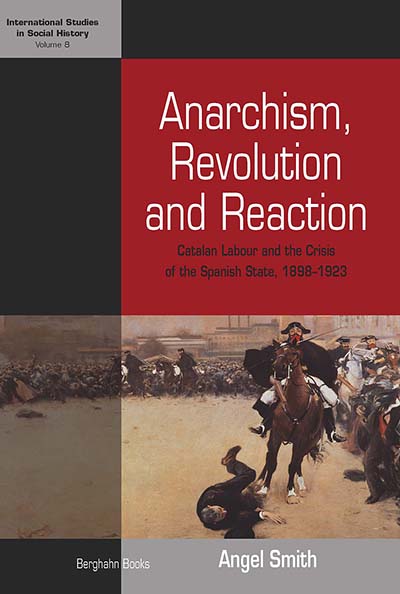 Published January 2007
Published January 2007 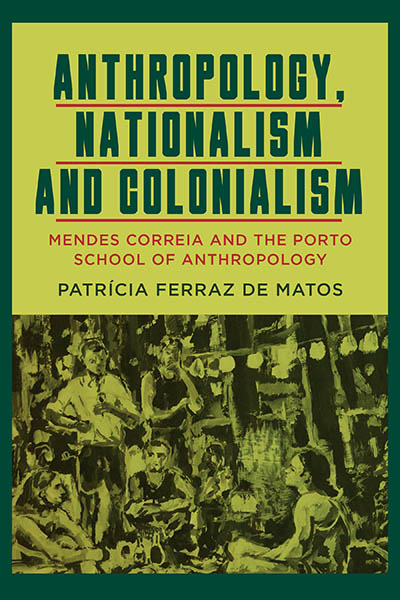 Published March 2023
Published March 2023 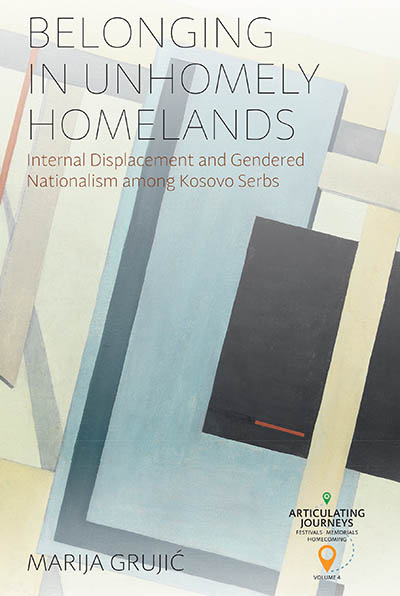 Published January 2025
Published January 2025 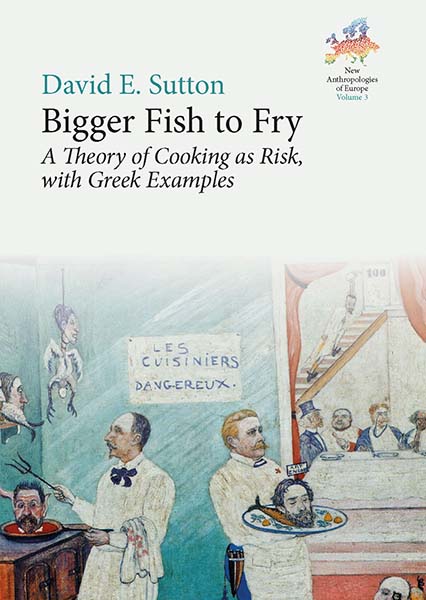 Published September 2021
Published September 2021 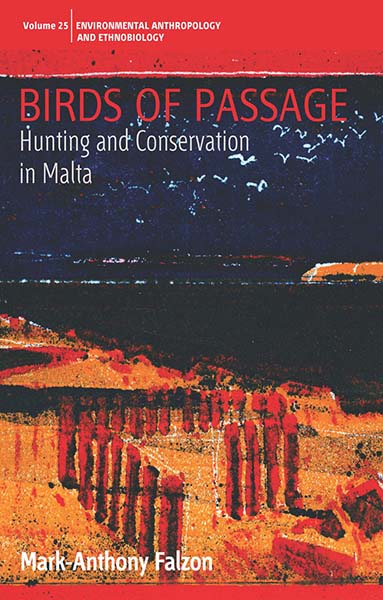 Published July 2020
Published July 2020  Forthcoming February 2026
Forthcoming February 2026 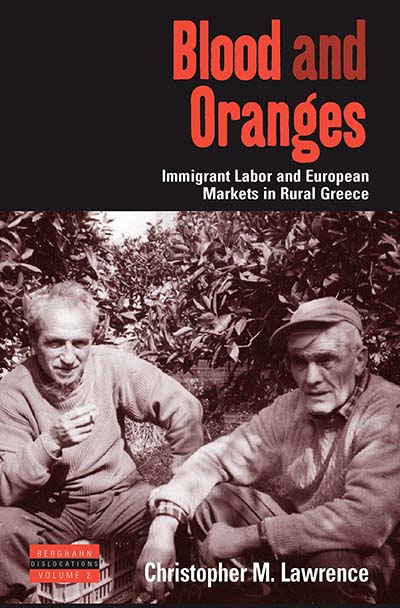 Published August 2007
Published August 2007 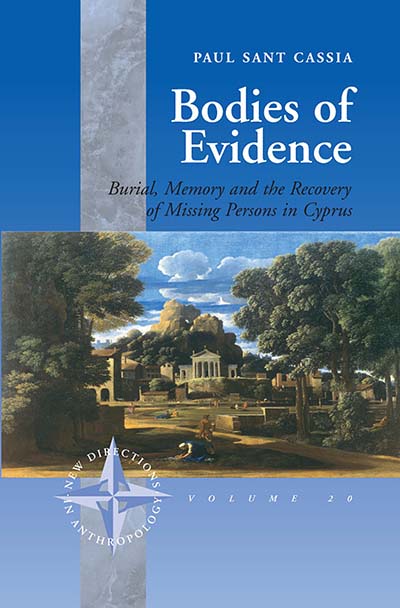 Published May 2005
Published May 2005 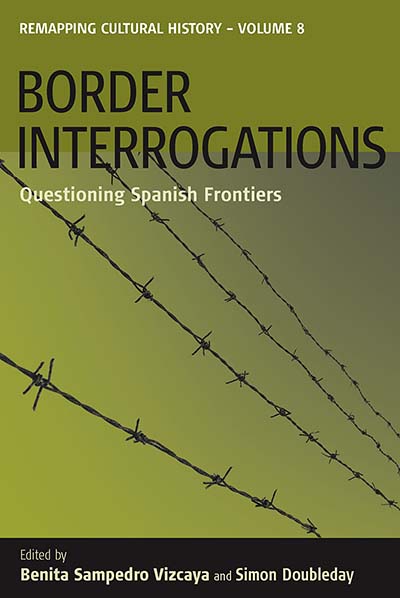 Published May 2008
Published May 2008  Forthcoming March 2026
Forthcoming March 2026 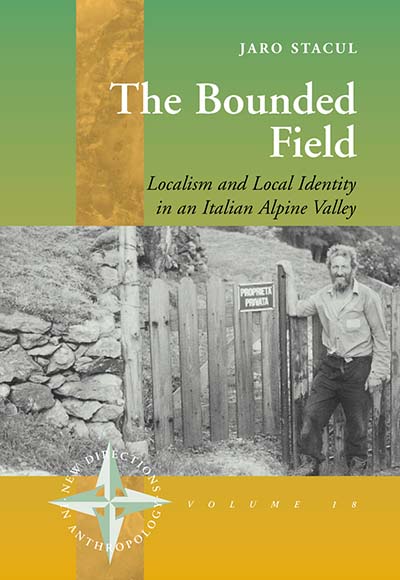 Published November 2003
Published November 2003 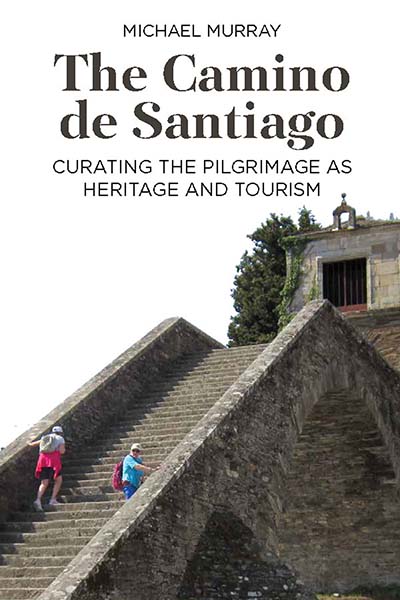 Published September 2021
Published September 2021 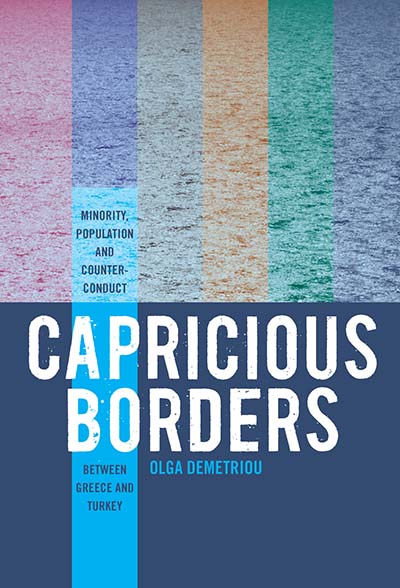 Published April 2013
Published April 2013 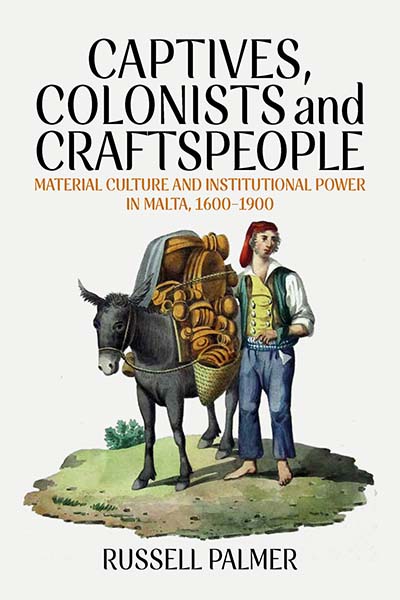 Published October 2020
Published October 2020 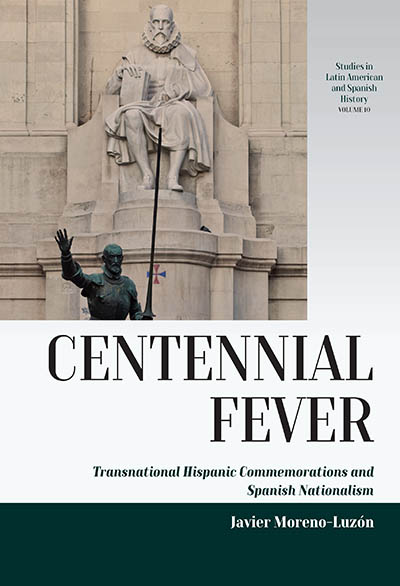 Published January 2024
Published January 2024 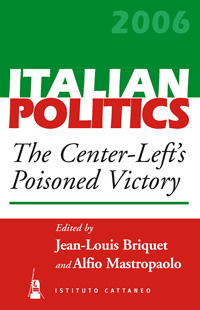 Published May 2008
Published May 2008 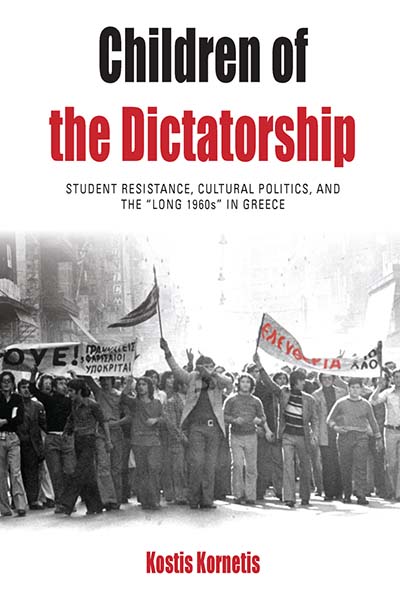 Published November 2013
Published November 2013  Published May 2014
Published May 2014 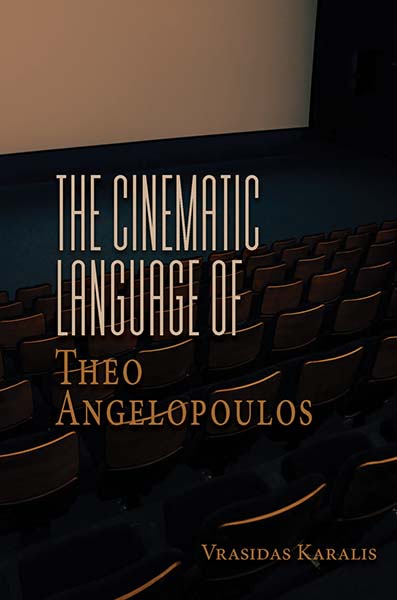 Published September 2021
Published September 2021 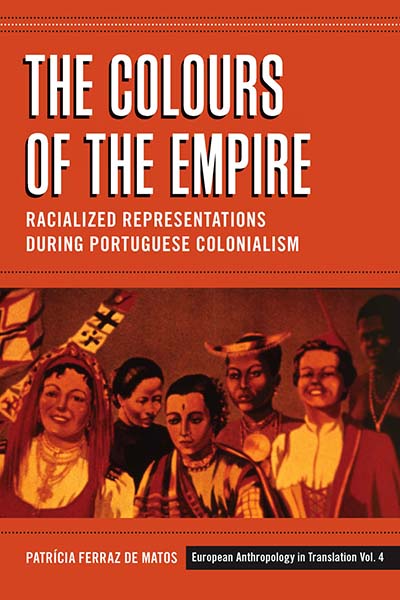 Published February 2013
Published February 2013 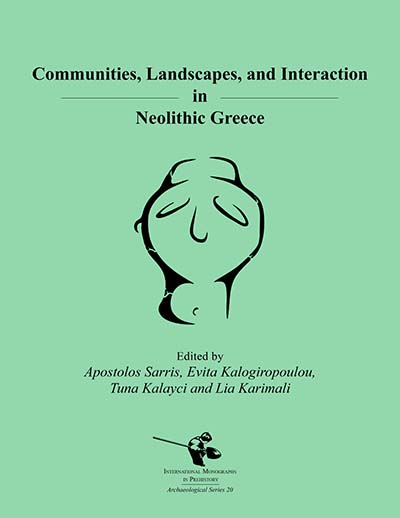 Published August 2018
Published August 2018 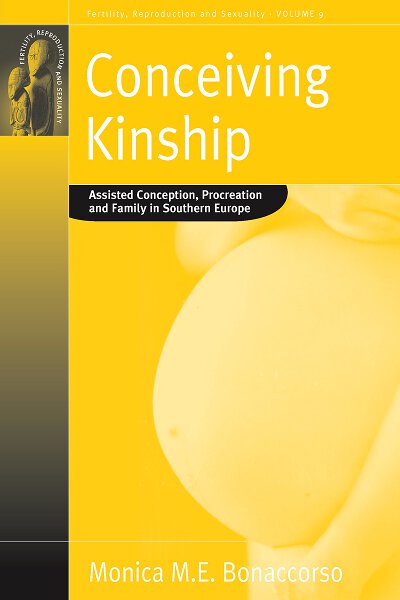 Published October 2008
Published October 2008 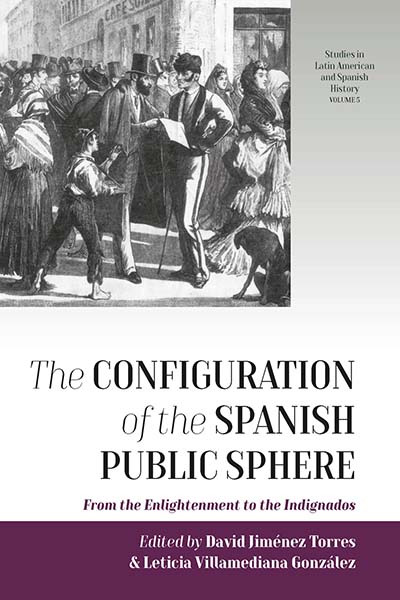 Published June 2019
Published June 2019 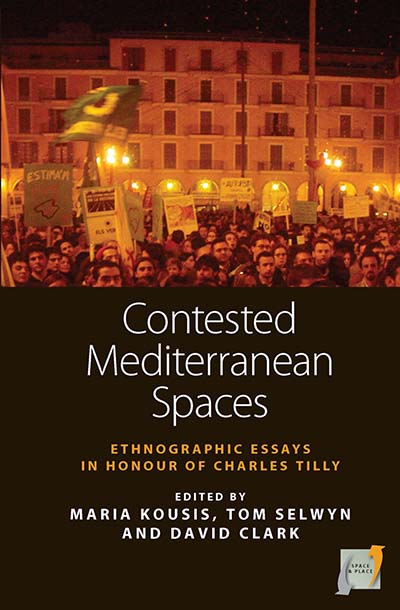 Published June 2011
Published June 2011 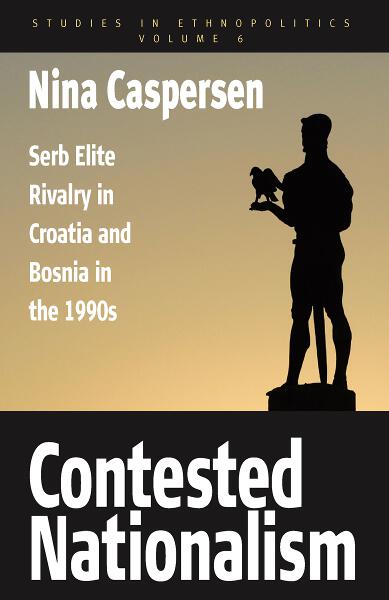 Published January 2010
Published January 2010 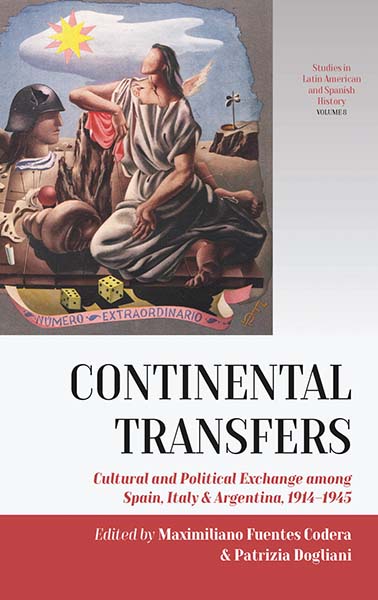 Published May 2022
Published May 2022 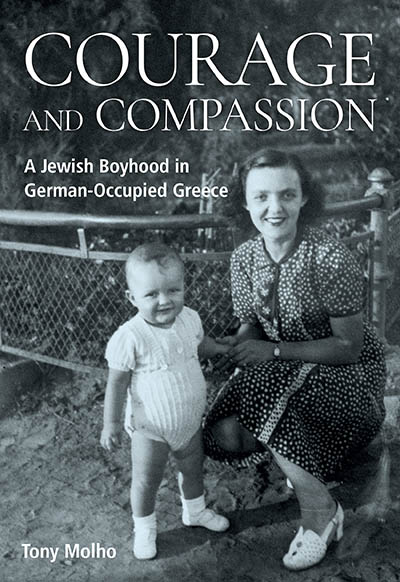 Published June 2024
Published June 2024 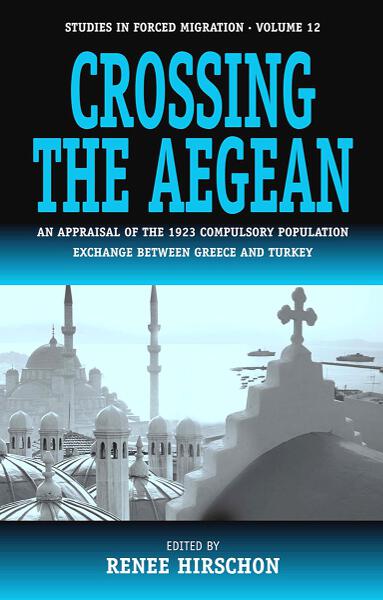 Published May 2003
Published May 2003 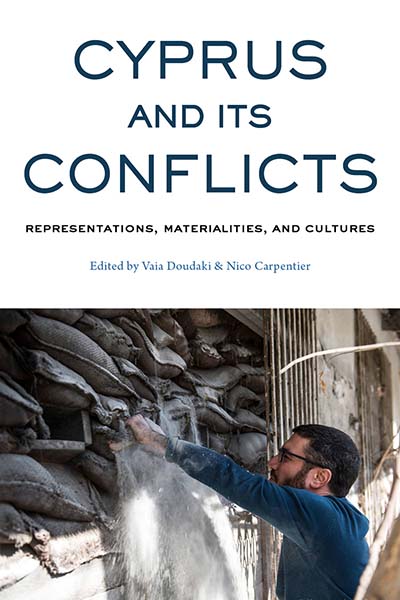 Published November 2017
Published November 2017 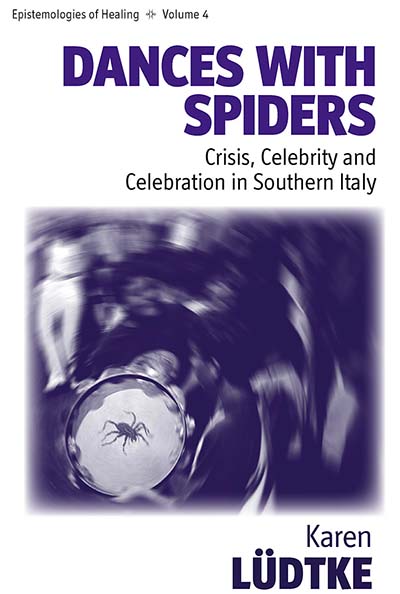 Published December 2008
Published December 2008 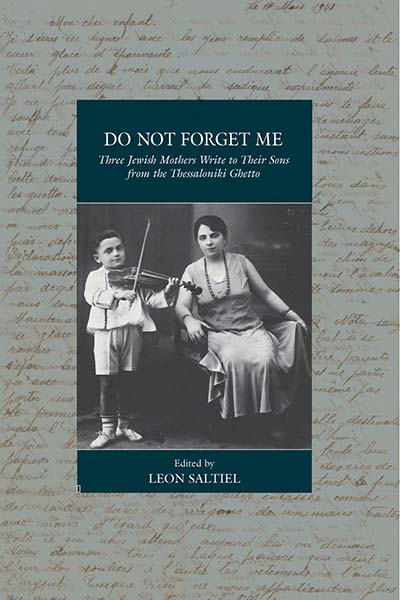 Published June 2021
Published June 2021 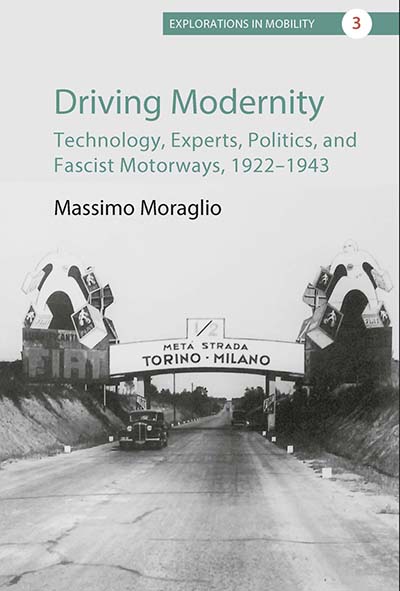 Published April 2017
Published April 2017 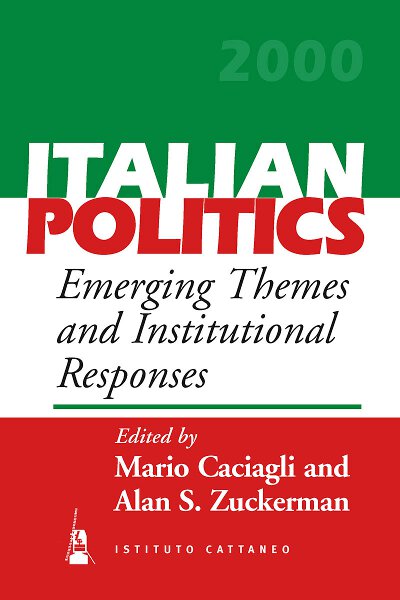 Published March 2002
Published March 2002 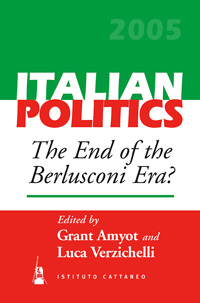 Published January 2007
Published January 2007  Forthcoming June 2026
Forthcoming June 2026 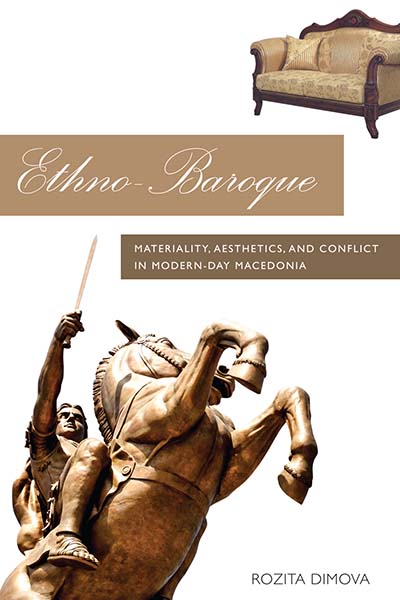 Published October 2013
Published October 2013 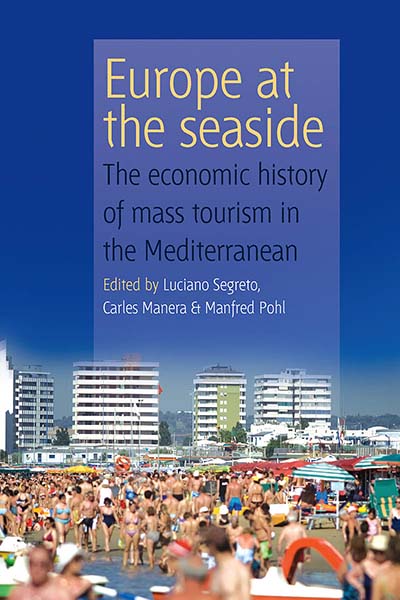 Published April 2009
Published April 2009  Published November 2025
Published November 2025 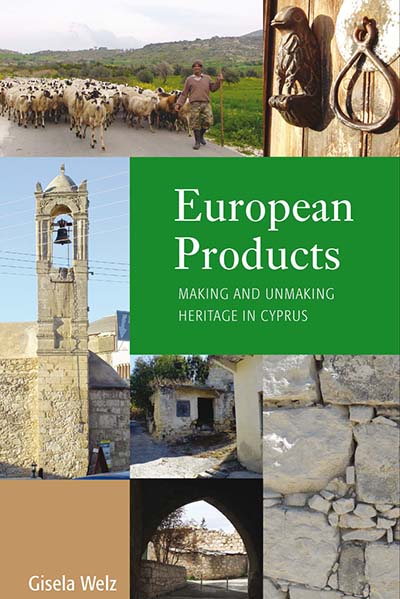 Published September 2015
Published September 2015 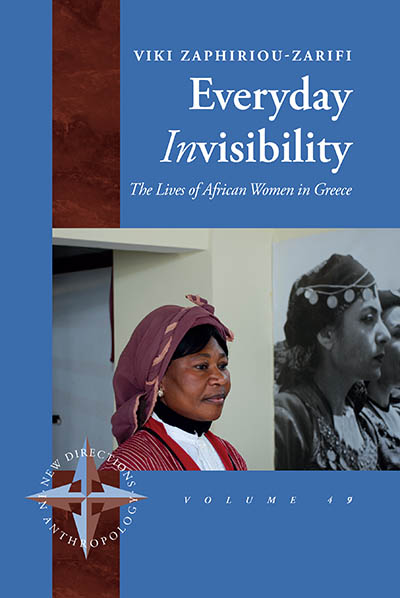 Published January 2026
Published January 2026 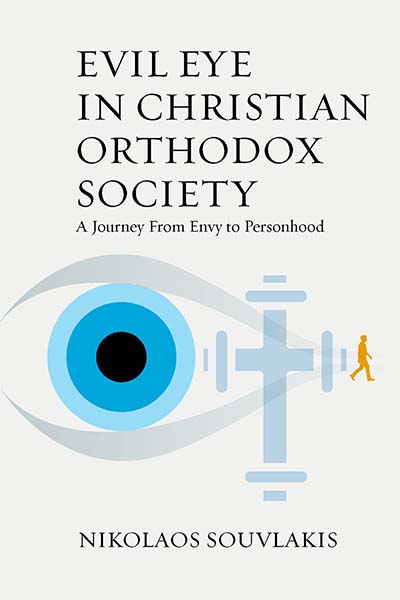 Published June 2021
Published June 2021 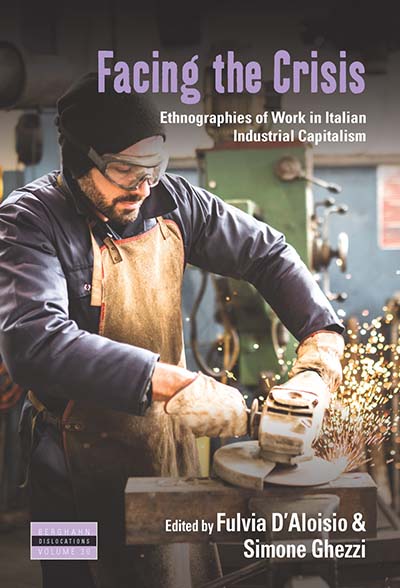 Published September 2020
Published September 2020 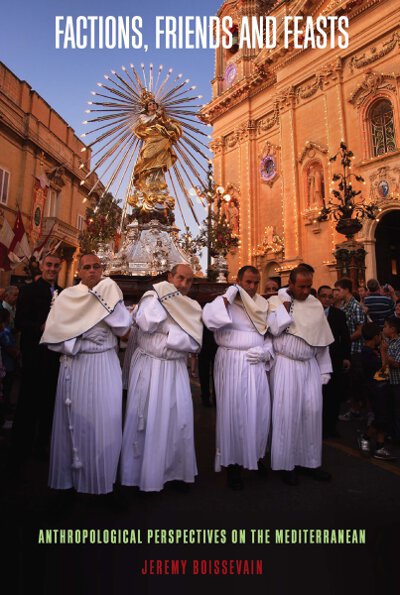 Published March 2013
Published March 2013 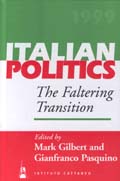 Published January 2001
Published January 2001  Published November 2019
Published November 2019 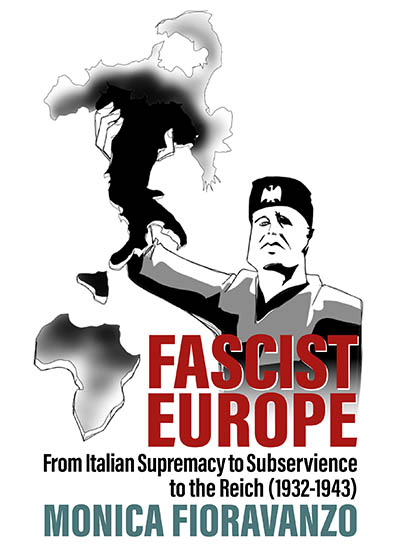 Published February 2024
Published February 2024 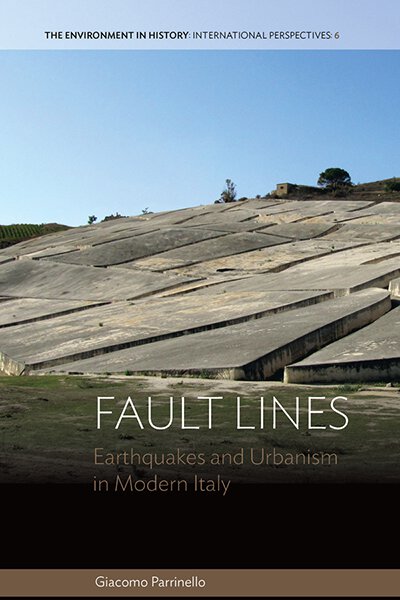 Published May 2015
Published May 2015 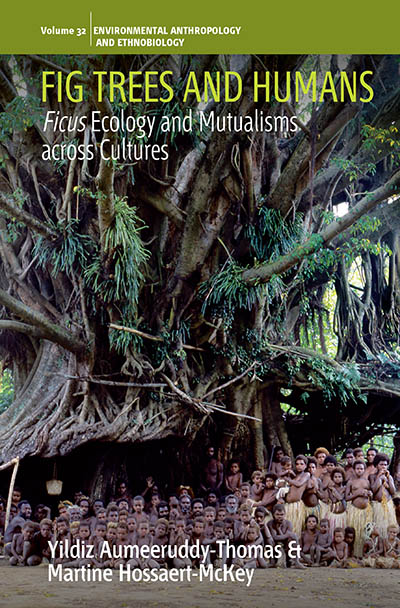 Published February 2024
Published February 2024 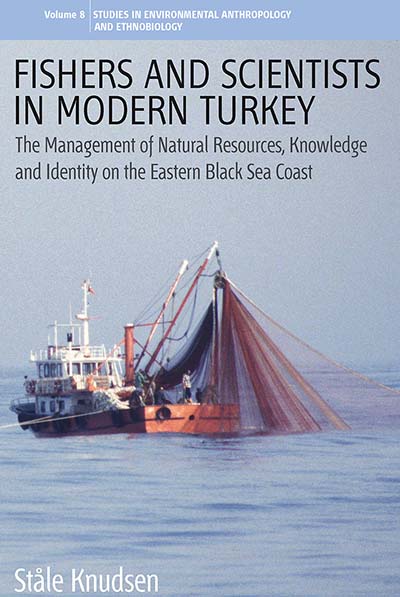 Published December 2008
Published December 2008 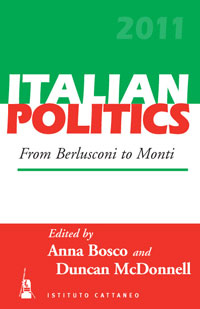 Published May 2013
Published May 2013 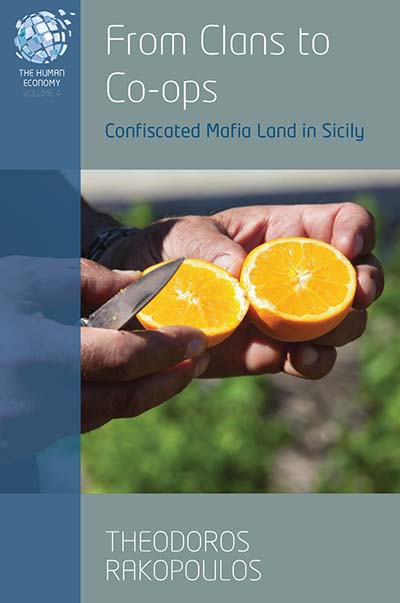 Published November 2017
Published November 2017 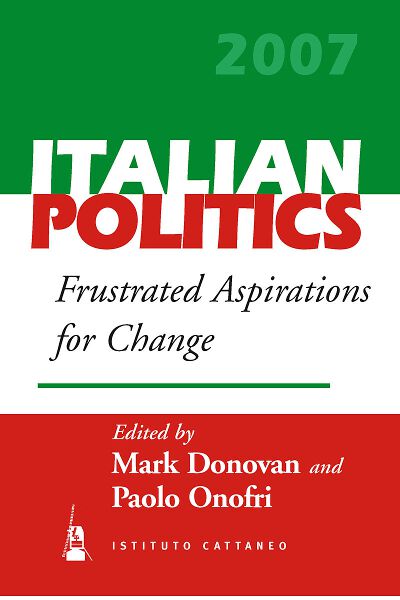 Published February 2009
Published February 2009 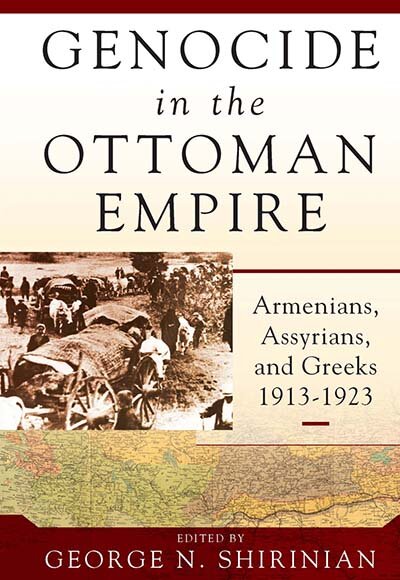 Published February 2017
Published February 2017  Published January 2026
Published January 2026 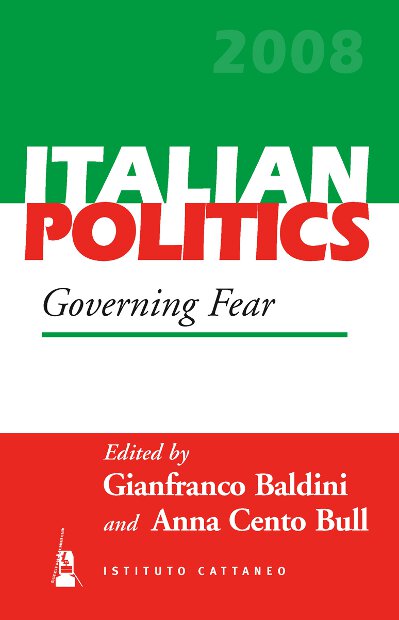 Published January 2010
Published January 2010 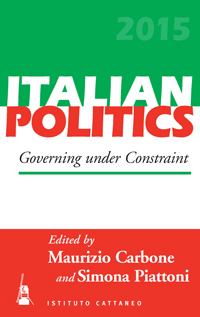 Published December 2016
Published December 2016 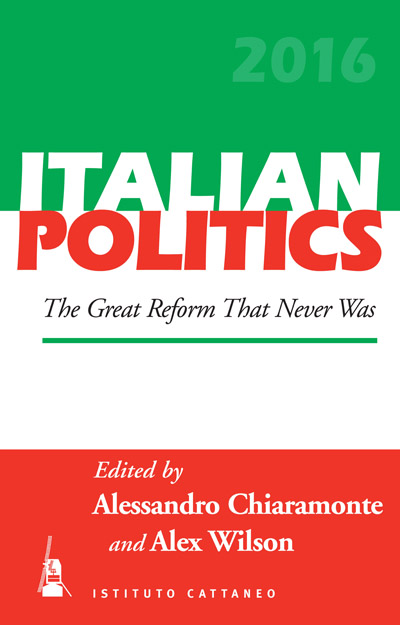 Published December 2017
Published December 2017 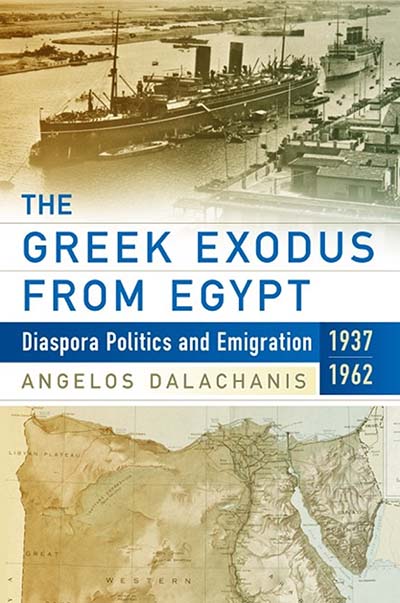 Published April 2017
Published April 2017 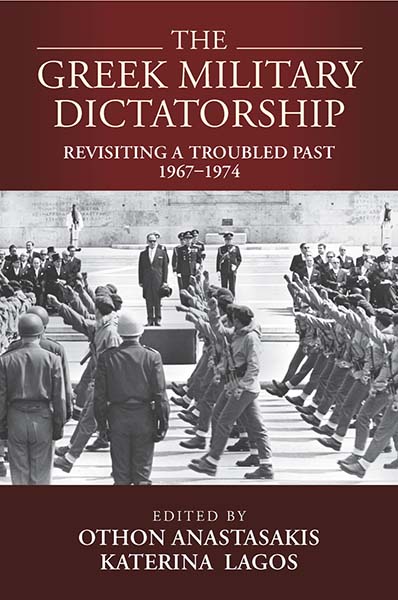 Published September 2021
Published September 2021  Forthcoming March 2026
Forthcoming March 2026 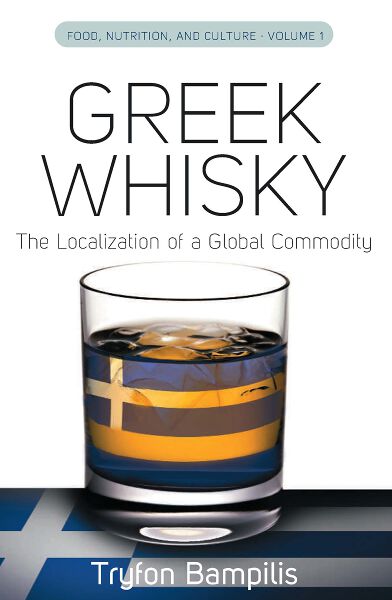 Published April 2013
Published April 2013 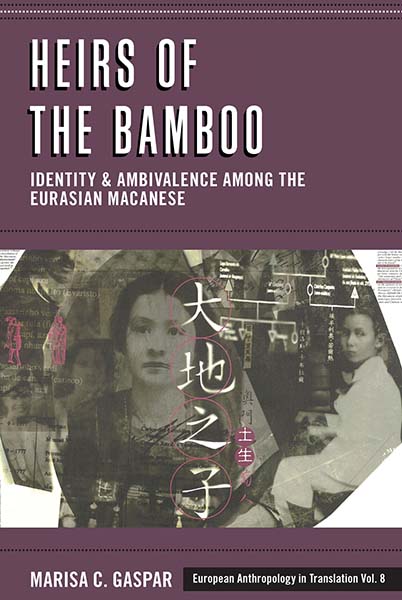 Published September 2020
Published September 2020 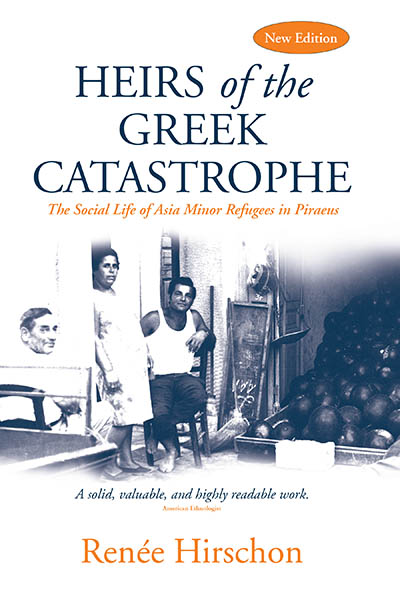 Published May 2023
Published May 2023  Published October 2016
Published October 2016  Published May 2025
Published May 2025 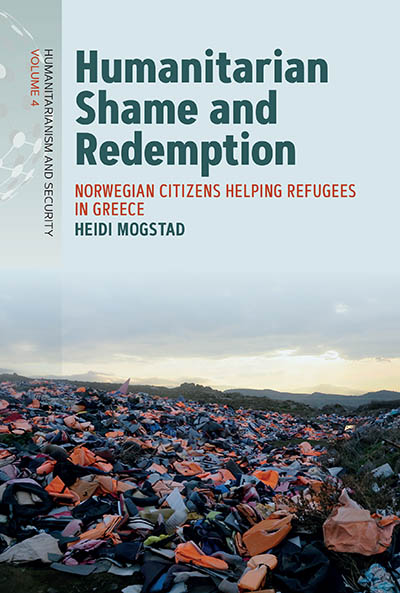 Published December 2023
Published December 2023 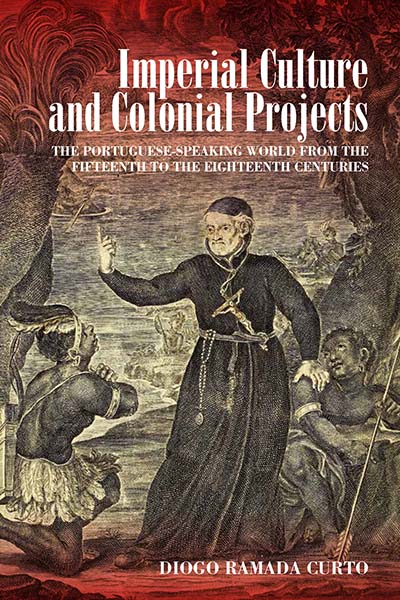 Published August 2020
Published August 2020  Published October 2007
Published October 2007  Published July 1996
Published July 1996 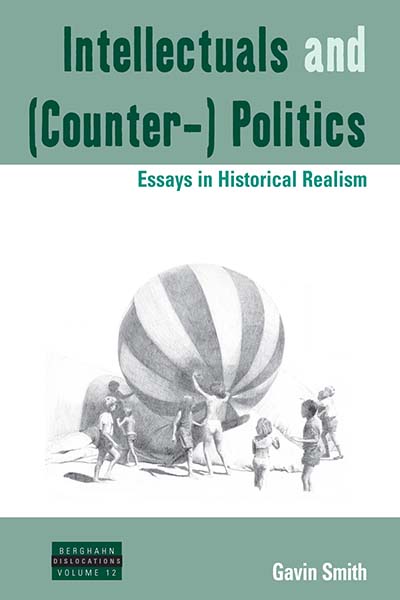 Published May 2014
Published May 2014 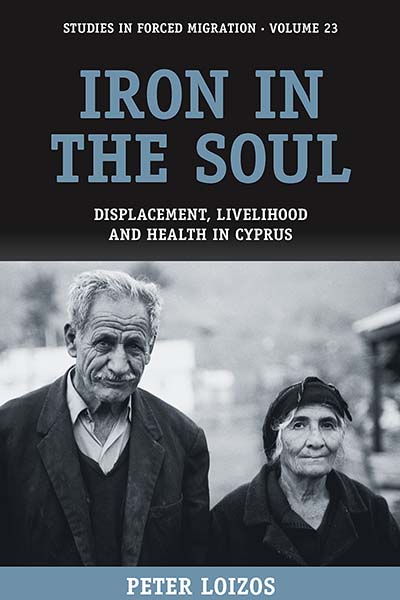 Published June 2008
Published June 2008  Published February 2025
Published February 2025 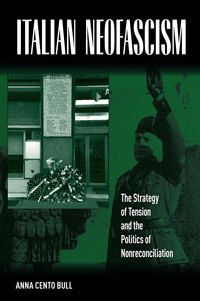 Published January 2008
Published January 2008 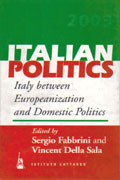 Published February 2004
Published February 2004  Published May 2019
Published May 2019  Published August 2013
Published August 2013  Published November 2007
Published November 2007 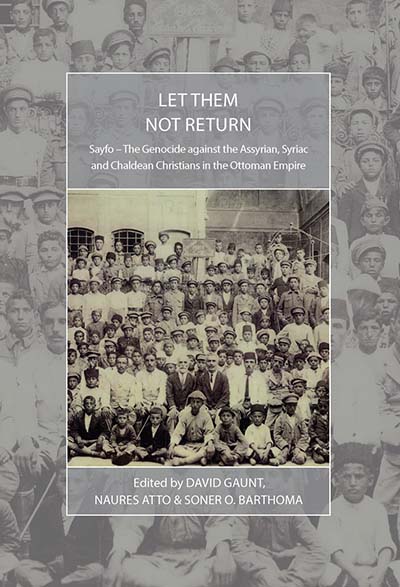 Published May 2017
Published May 2017 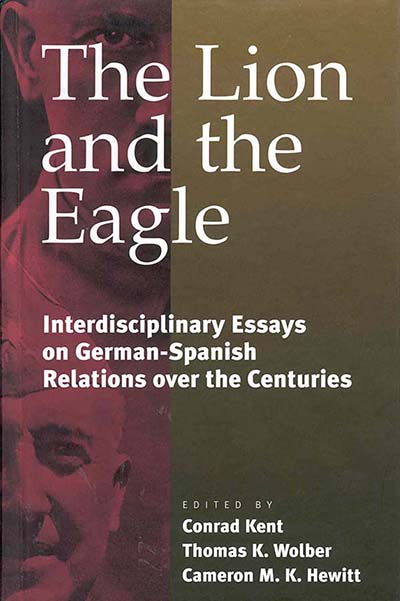 Published December 1999
Published December 1999 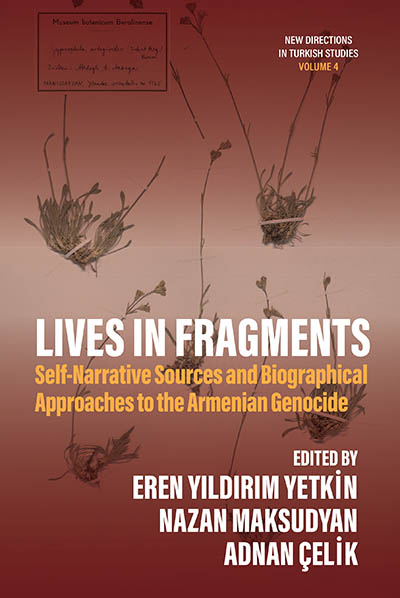 Forthcoming February 2026
Forthcoming February 2026 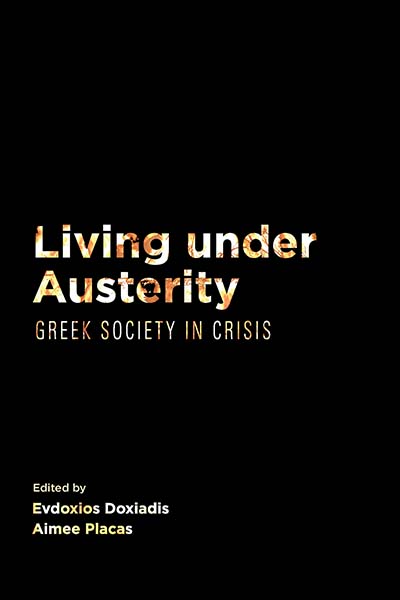 Published July 2018
Published July 2018  Published November 2025
Published November 2025 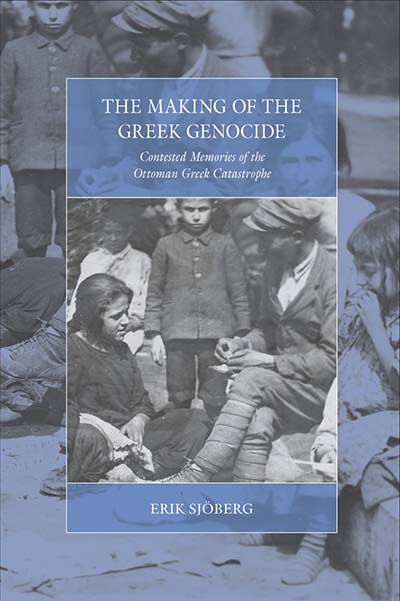 Published November 2016
Published November 2016 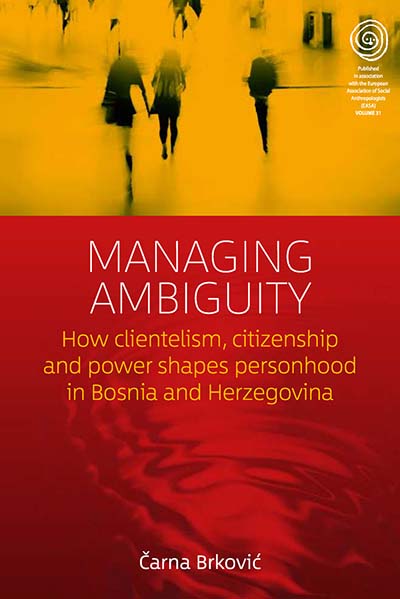 Published July 2017
Published July 2017 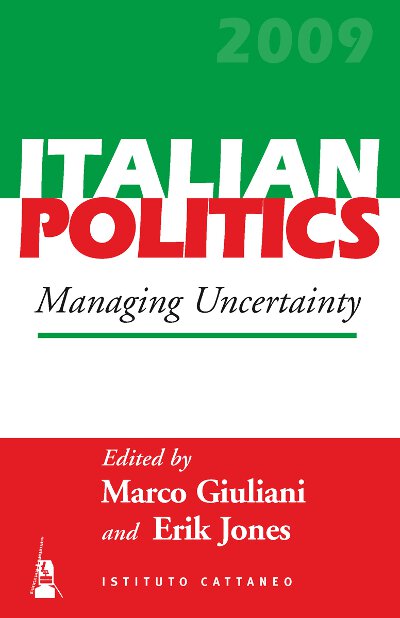 Published November 2010
Published November 2010 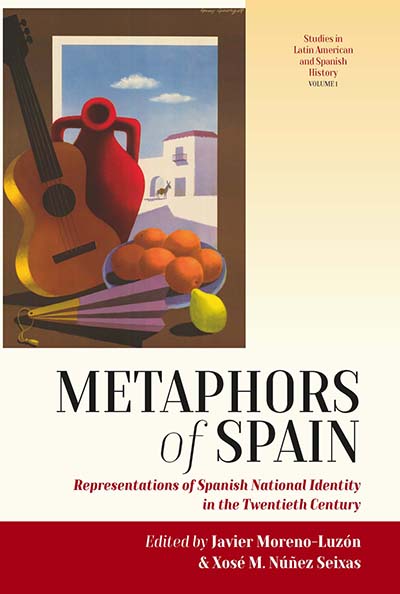 Published February 2017
Published February 2017 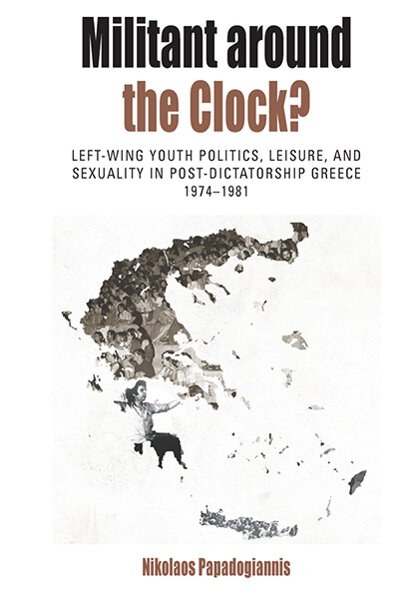 Published May 2015
Published May 2015 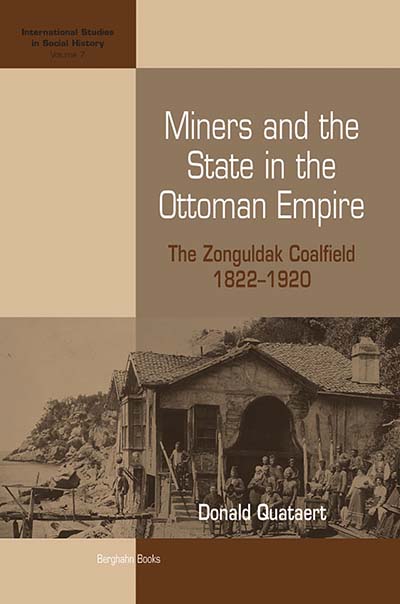 Published February 2006
Published February 2006 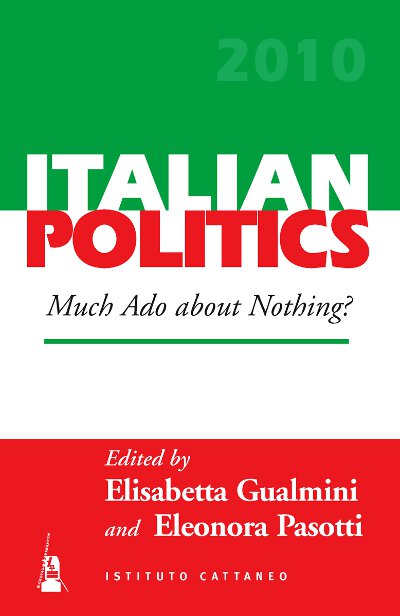 a December 2011
a December 2011  Published December 2013
Published December 2013 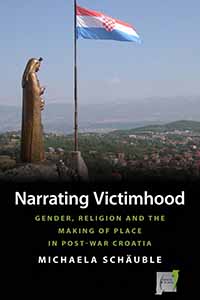 Published April 2014
Published April 2014  Published June 2016
Published June 2016 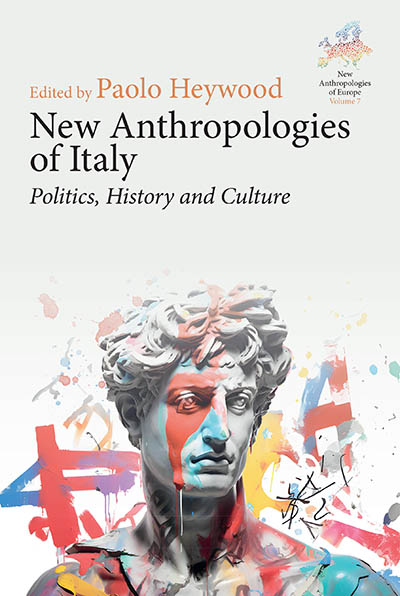 Published July 2024
Published July 2024 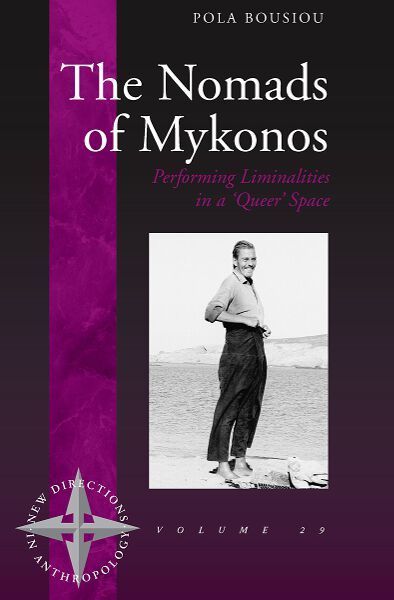 Published April 2008
Published April 2008 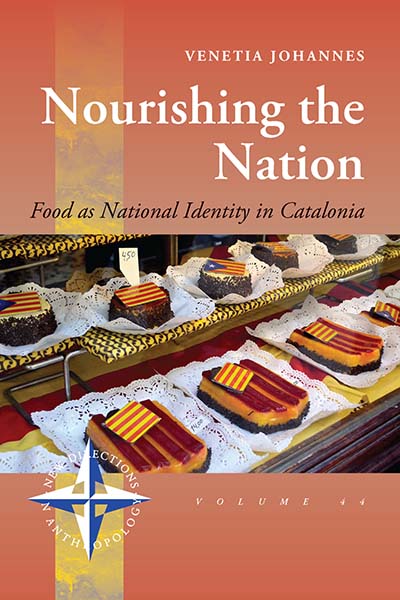 Published November 2019
Published November 2019 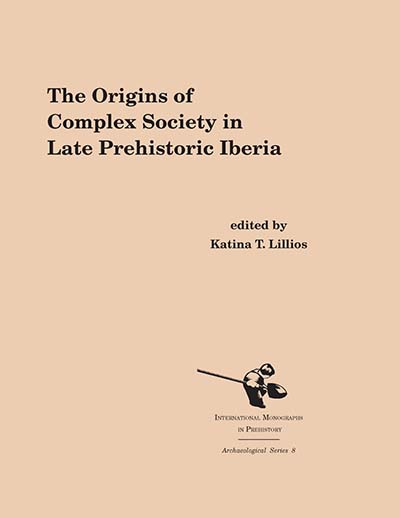 Published December 1995
Published December 1995 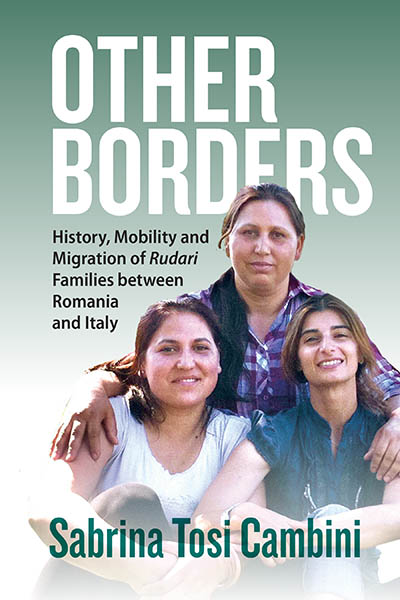 Published November 2023
Published November 2023 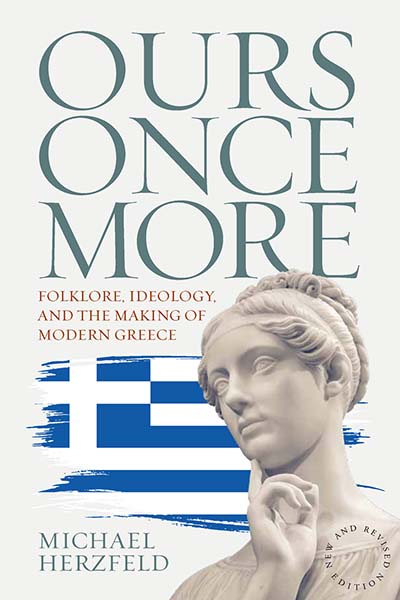 Published June 2020
Published June 2020  Published October 2013
Published October 2013  Published October 2015
Published October 2015 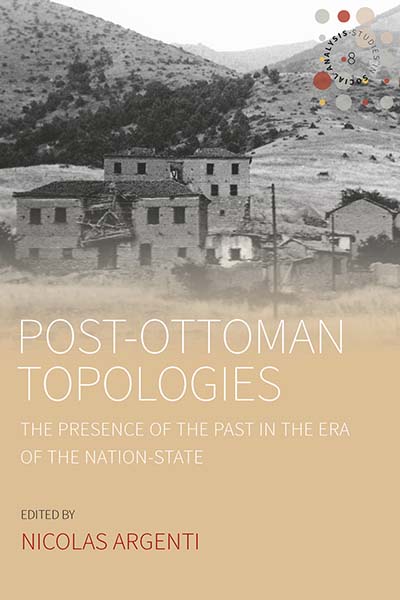 Published April 2019
Published April 2019 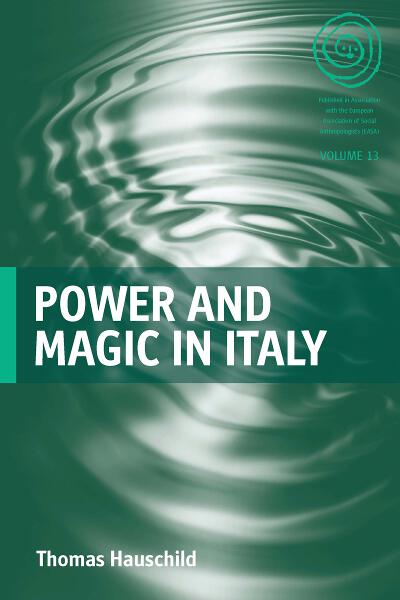 Published March 2011
Published March 2011 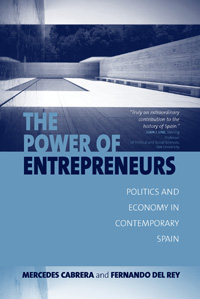 Published January 2007
Published January 2007  Forthcoming May 2026
Forthcoming May 2026 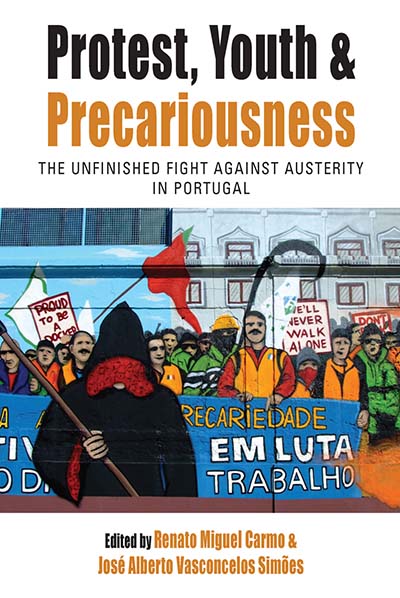 Published April 2020
Published April 2020 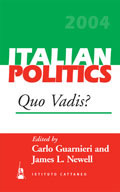 Published January 2005
Published January 2005 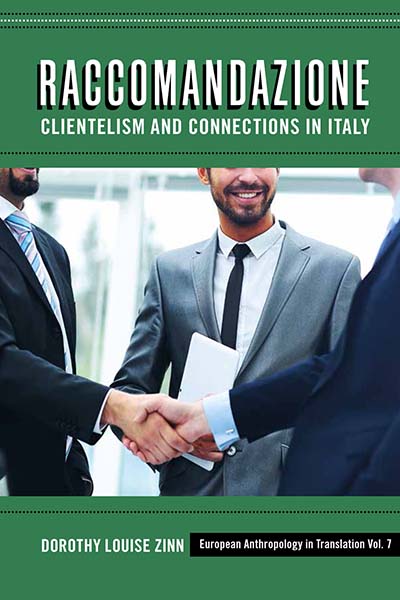 Published March 2019
Published March 2019  Published November 2025
Published November 2025 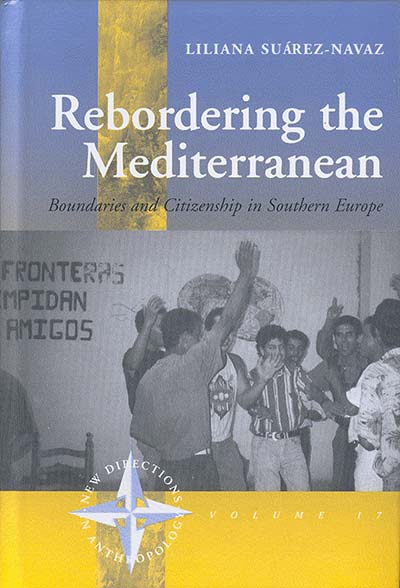 Published August 2004
Published August 2004 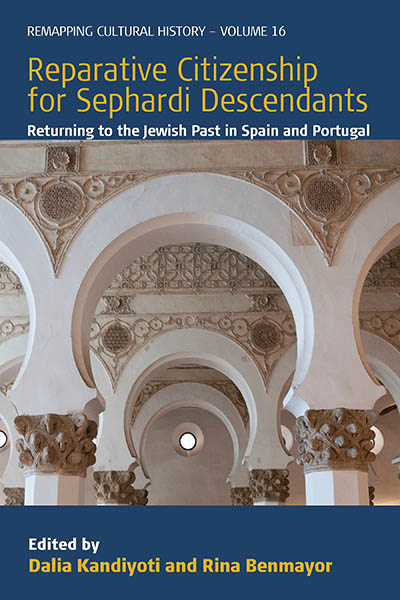 Published January 2023
Published January 2023  Published September 2025
Published September 2025 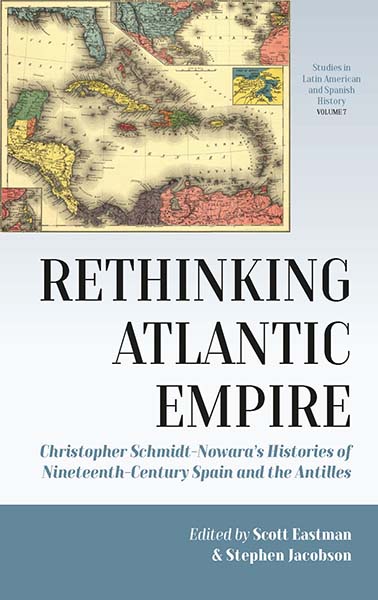 Published June 2021
Published June 2021 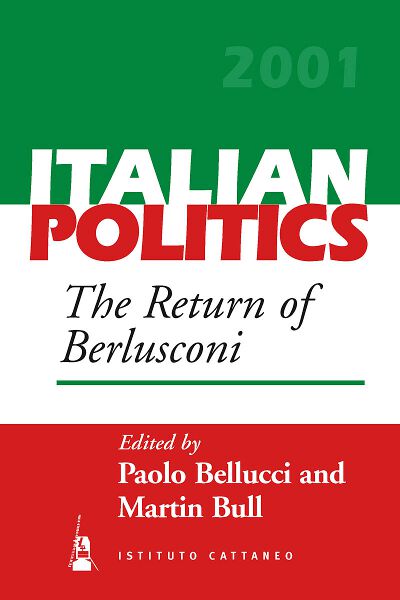 Published January 2003
Published January 2003 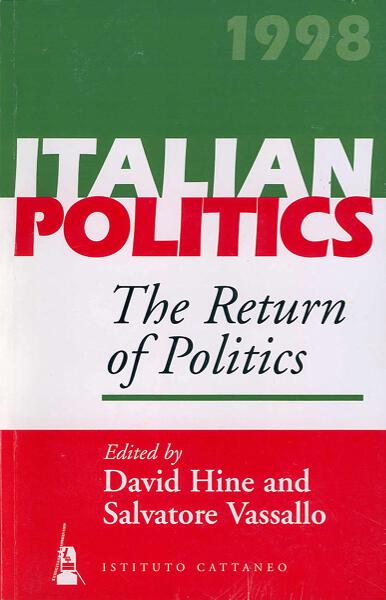 Published 1999
Published 1999 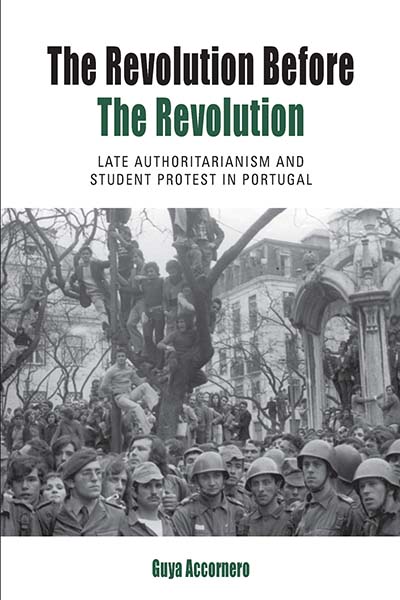 Published April 2016
Published April 2016 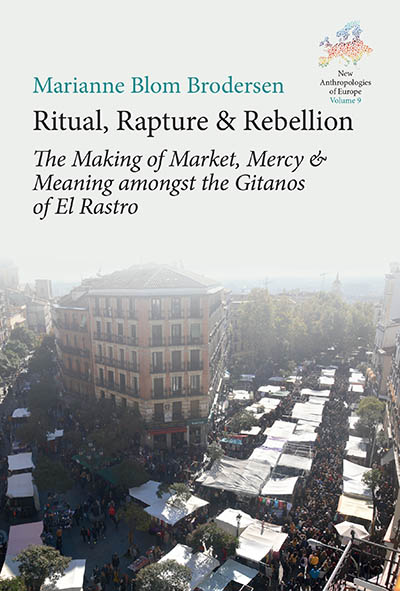 Published November 2024
Published November 2024 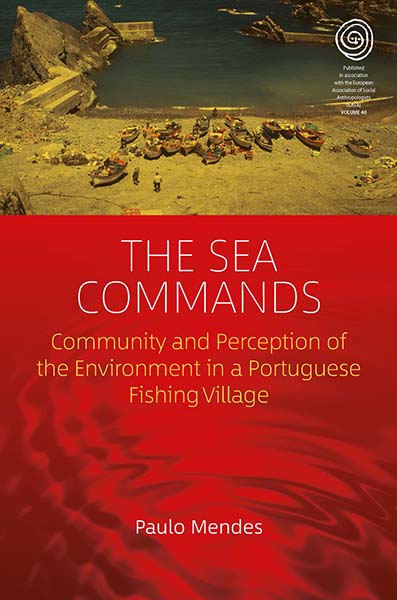 Published December 2020
Published December 2020 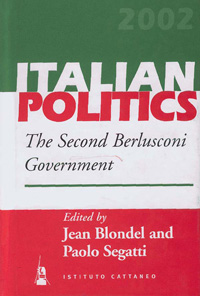 Published January 2004
Published January 2004 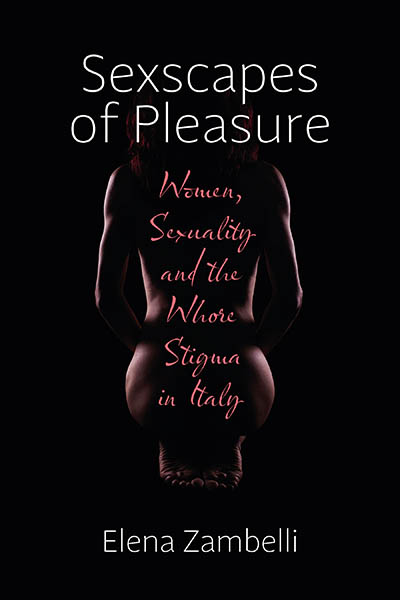 Published November 2022
Published November 2022 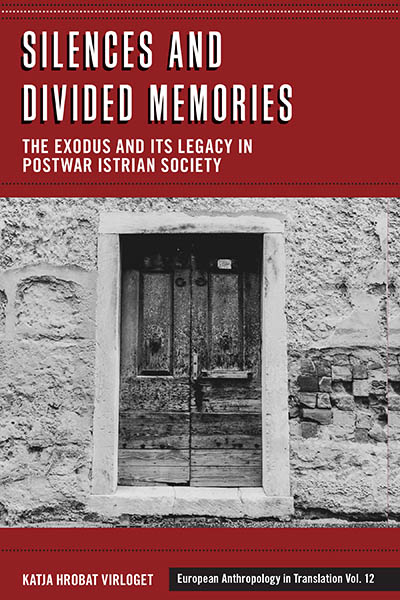 Published August 2023
Published August 2023 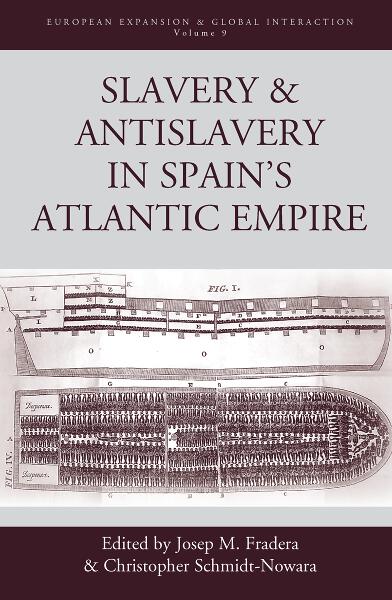 Published June 2013
Published June 2013 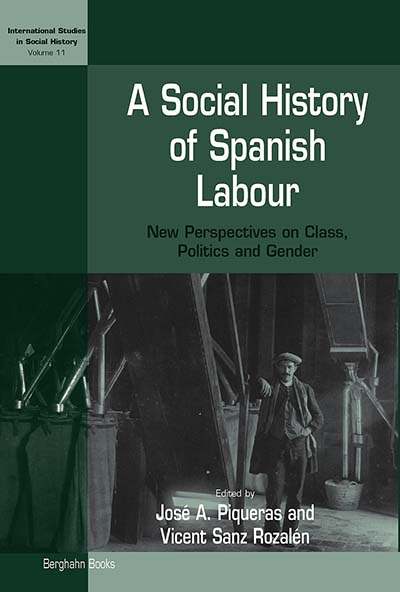 Published January 2008
Published January 2008 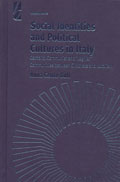 Published January 2001
Published January 2001 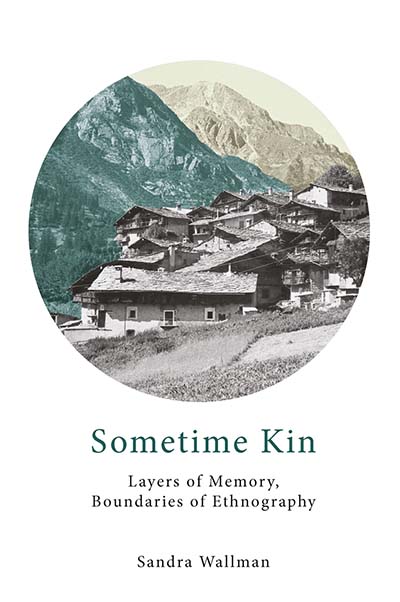 Published October 2019
Published October 2019 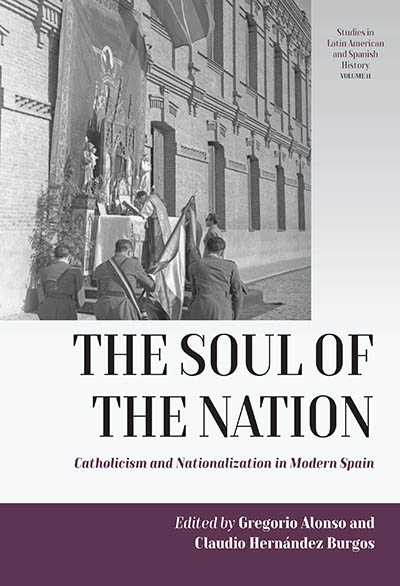 Published July 2024
Published July 2024 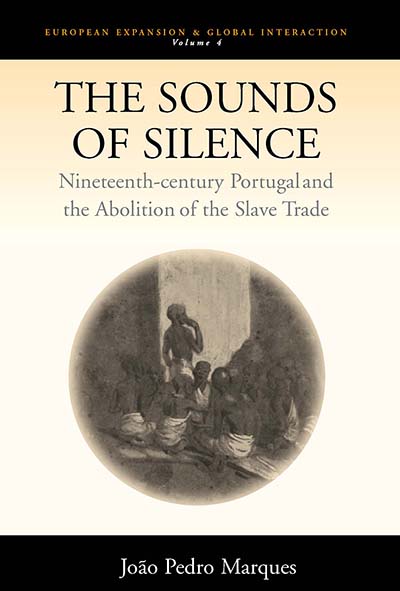 Published January 2006
Published January 2006 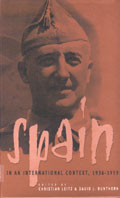 Published September 1999
Published September 1999 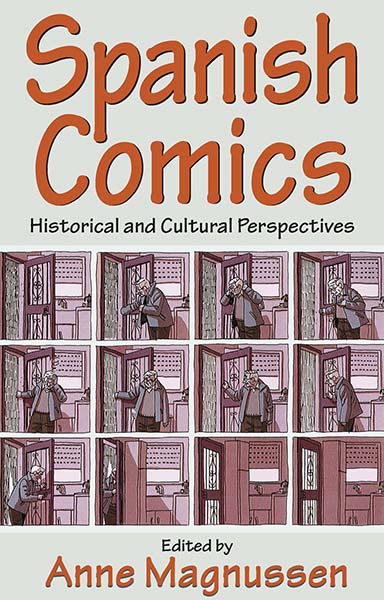 Published November 2020
Published November 2020 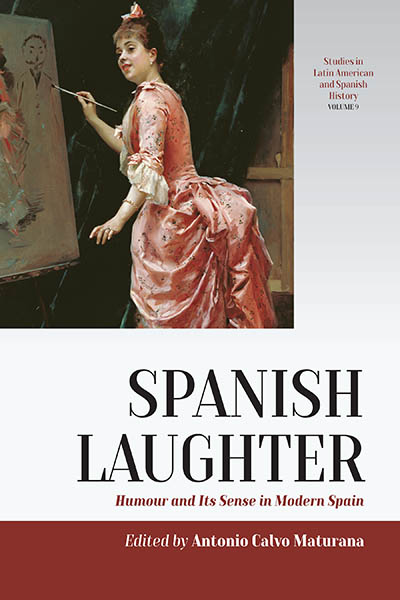 Published June 2022
Published June 2022  Published September 2017
Published September 2017  Published October 2025
Published October 2025 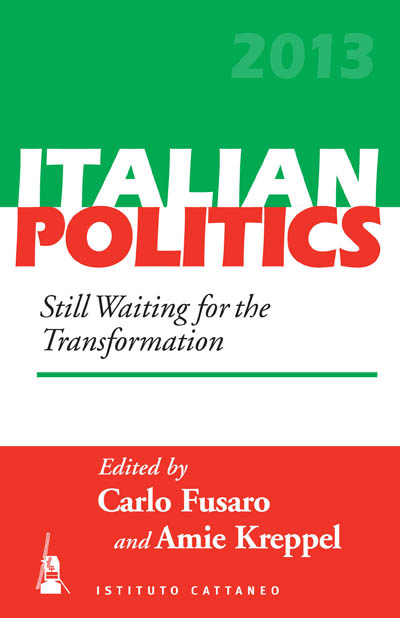 Published November 2014
Published November 2014 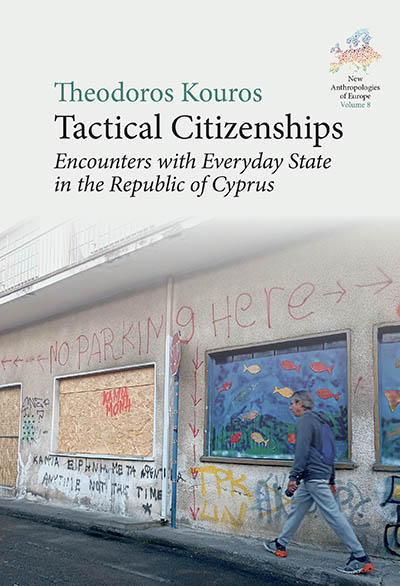 Published October 2024
Published October 2024 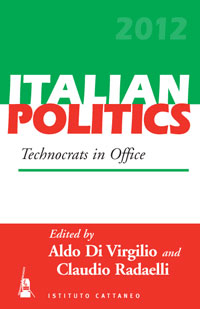 Published December 2013
Published December 2013  Published January 2025
Published January 2025 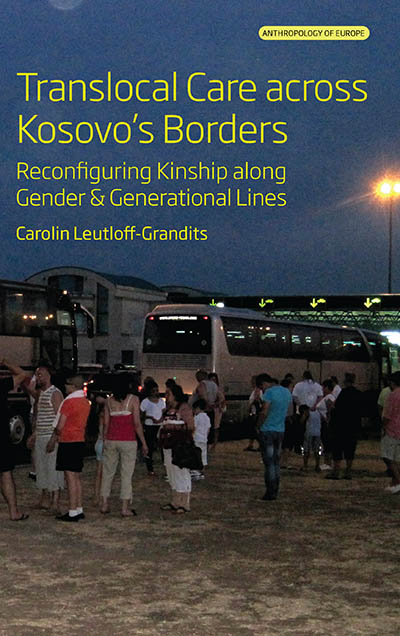 Published September 2023
Published September 2023 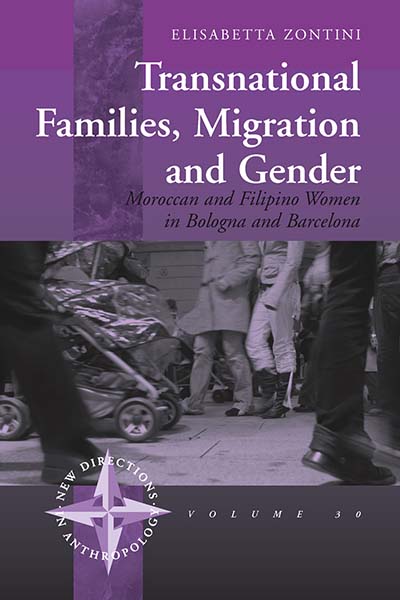 Published February 2010
Published February 2010 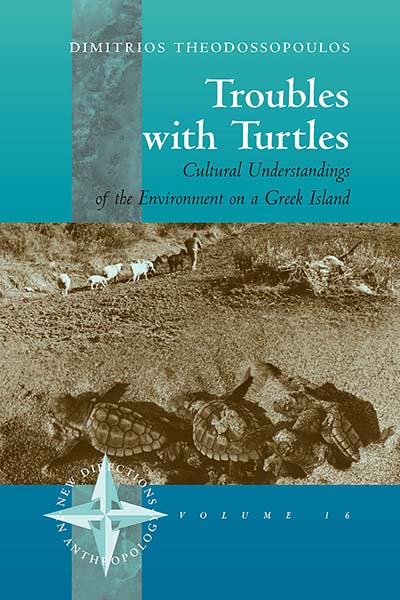 Published March 2003
Published March 2003 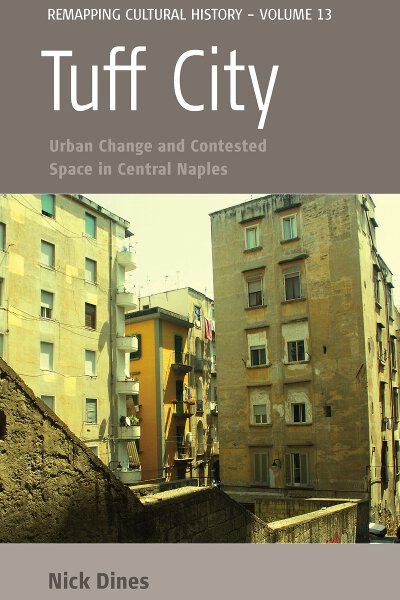 Published February 2012
Published February 2012 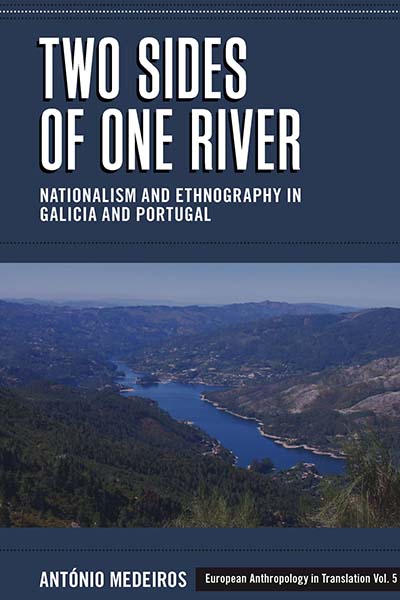 Published January 2013
Published January 2013 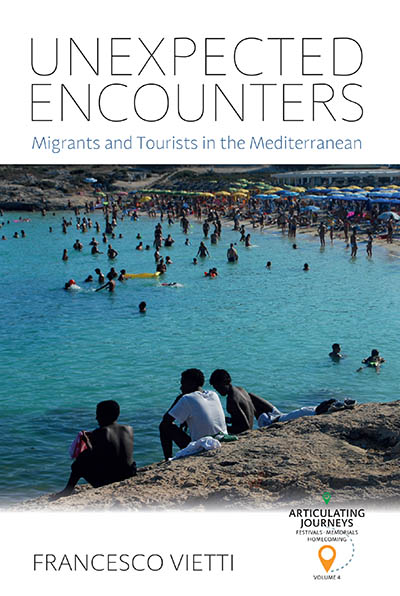 Published September 2024
Published September 2024  Published June 2003
Published June 2003 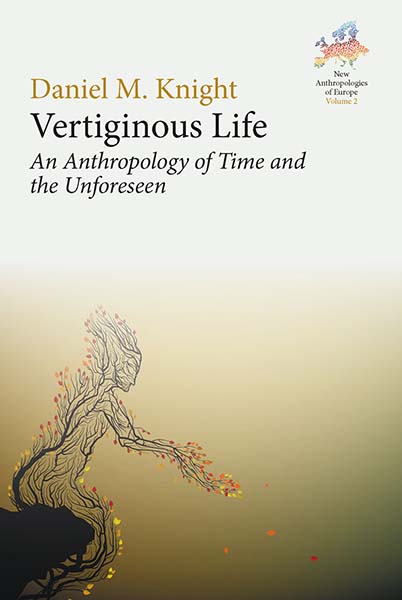 Published September 2021
Published September 2021 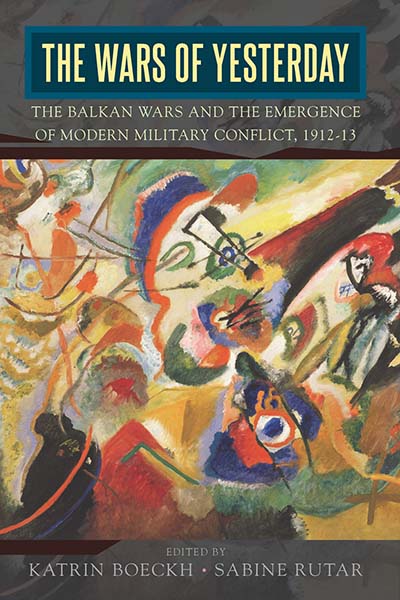 Published January 2018
Published January 2018  Forthcoming February 2026
Forthcoming February 2026 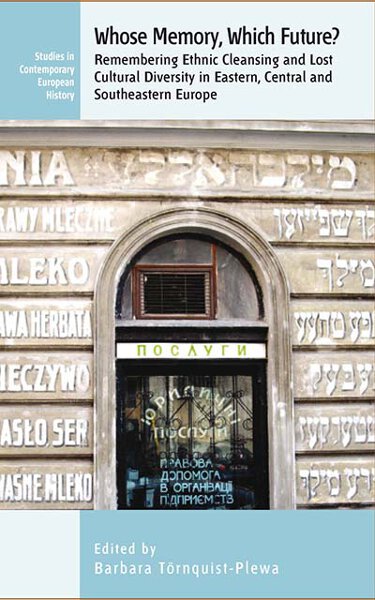 Published April 2016
Published April 2016 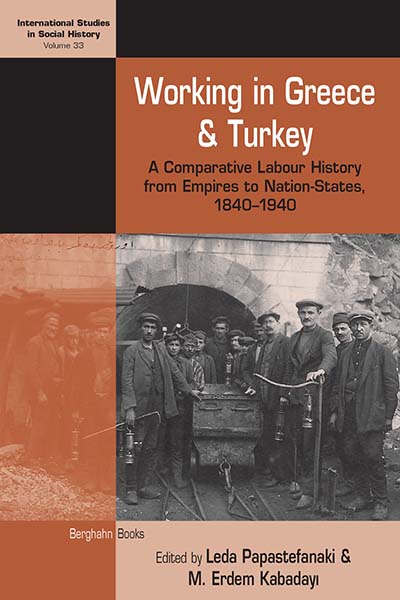 Published July 2020
Published July 2020 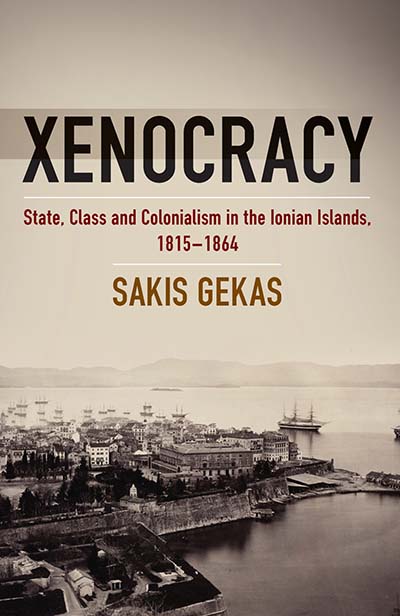 Published December 2016
Published December 2016 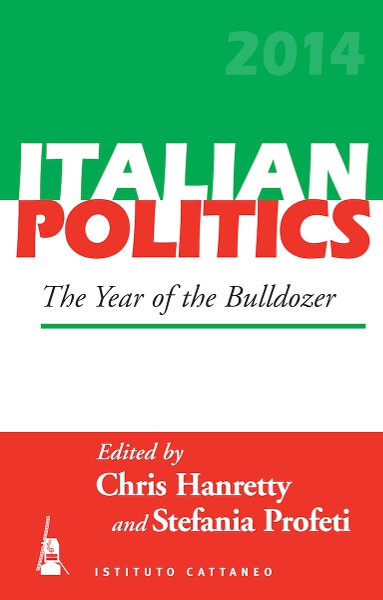 Published November 2015
Published November 2015